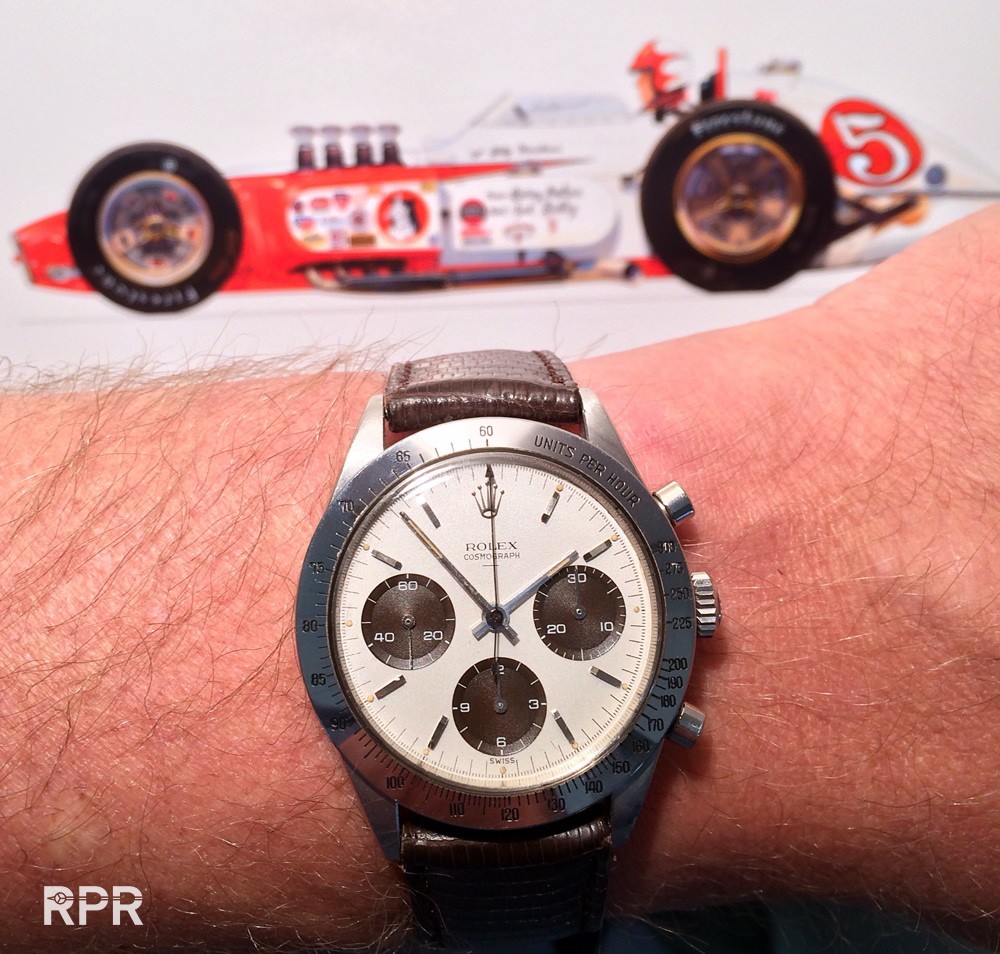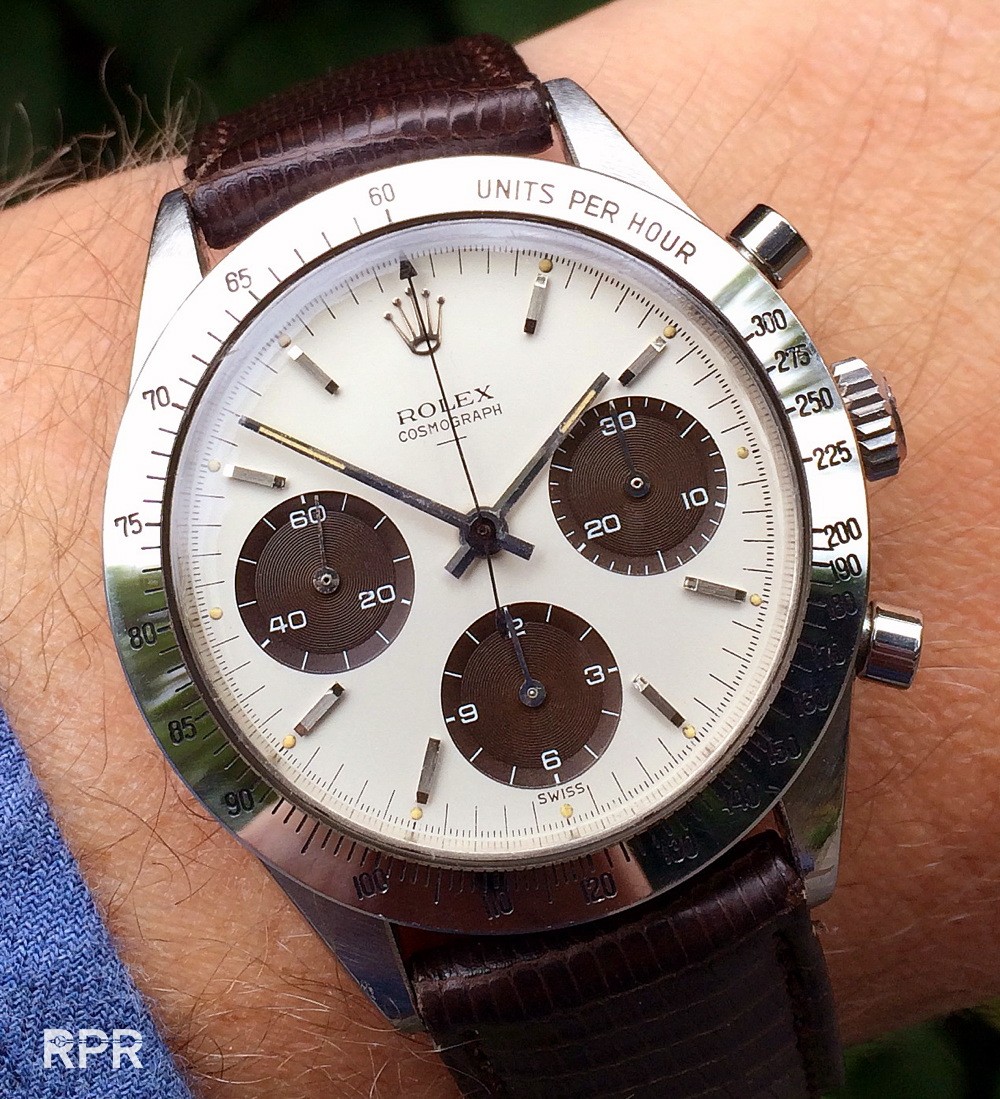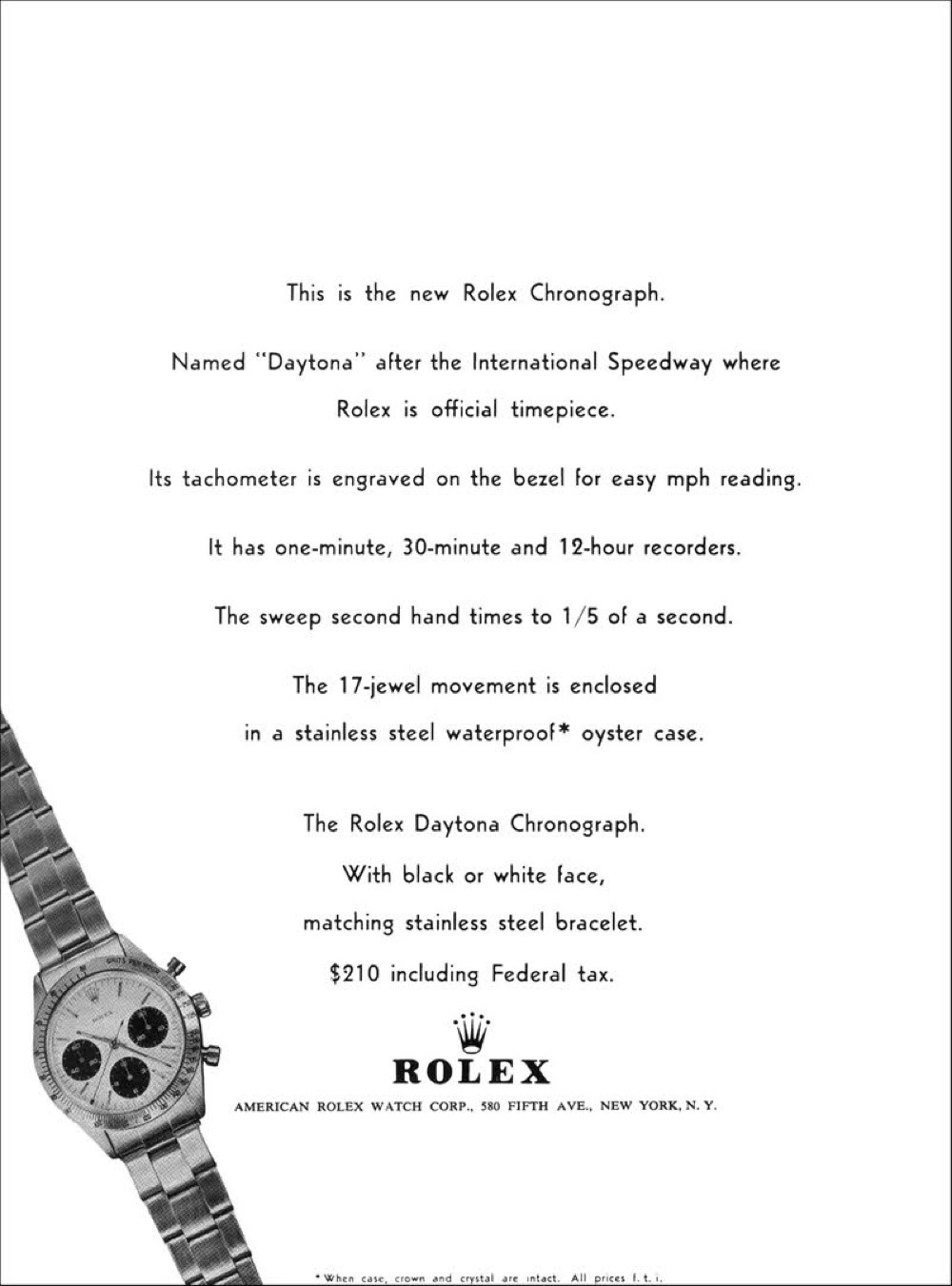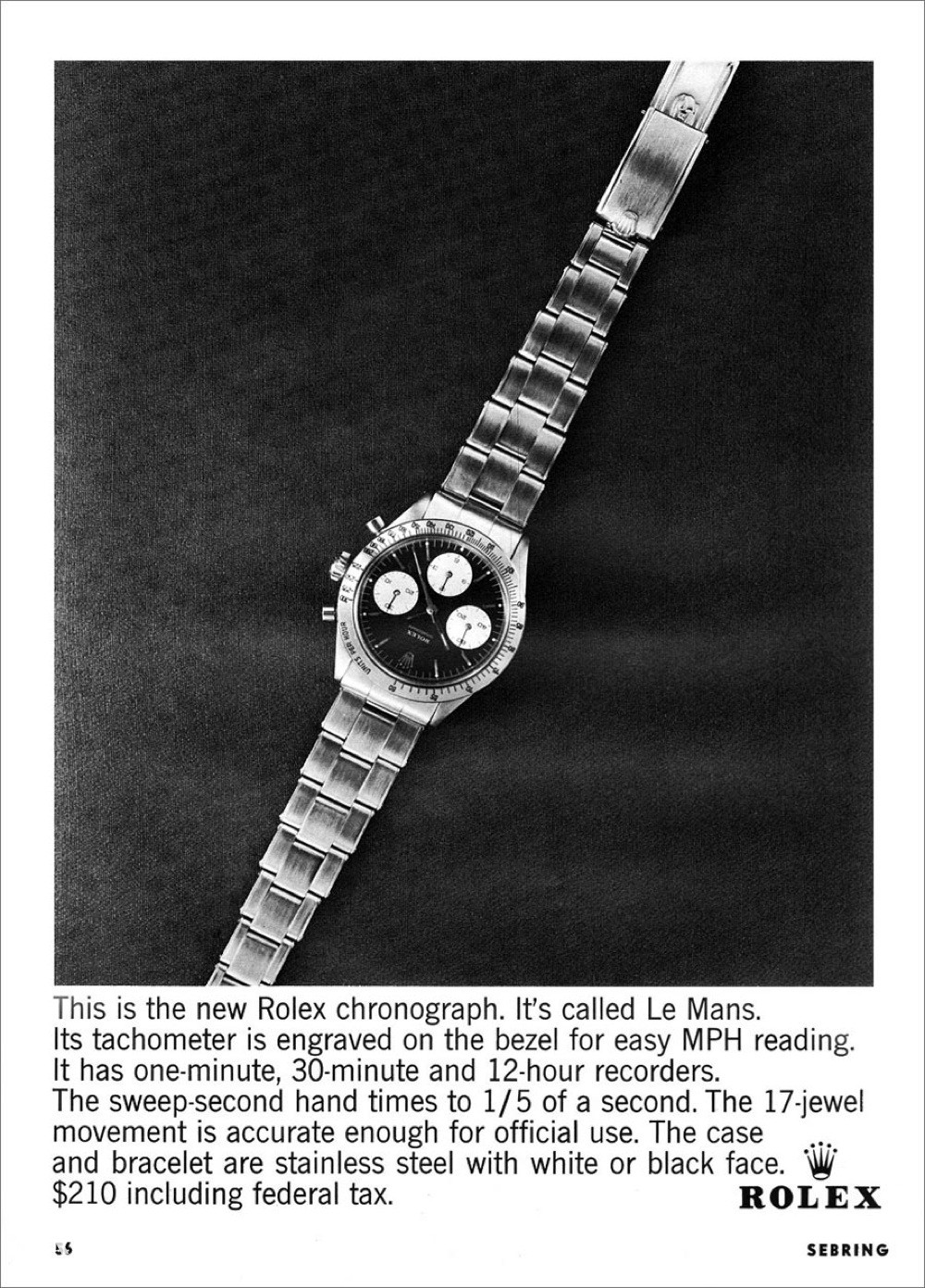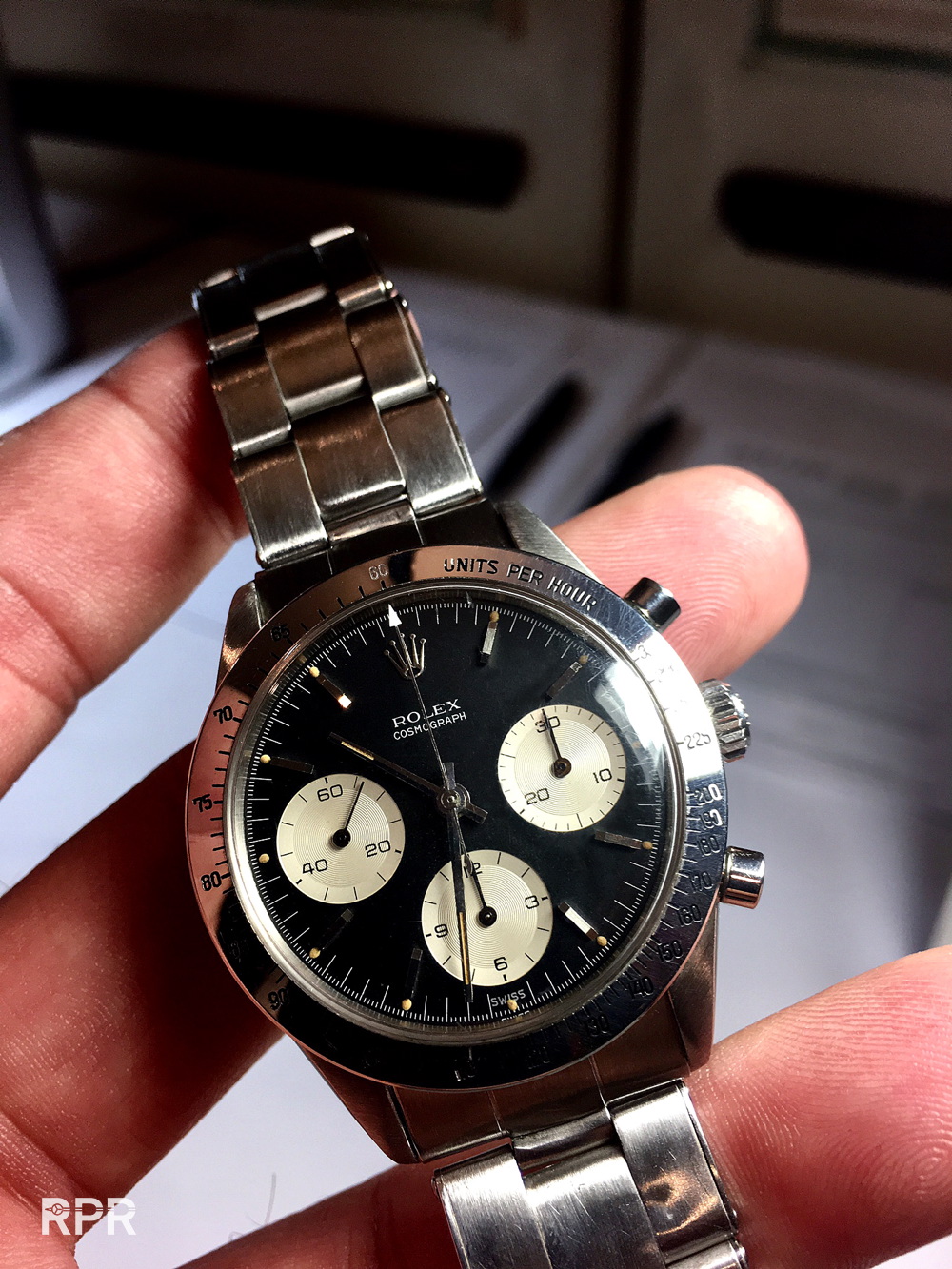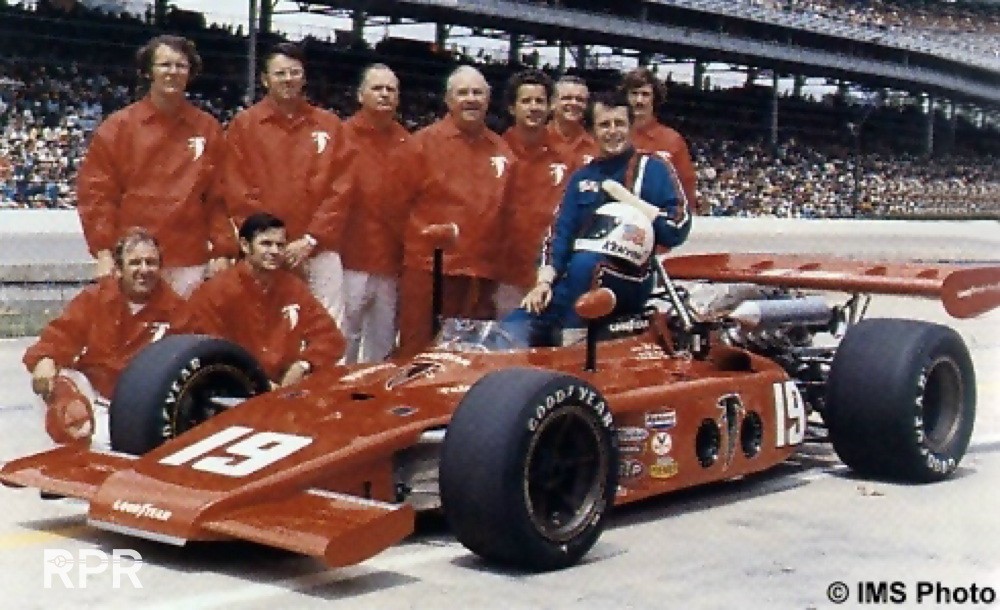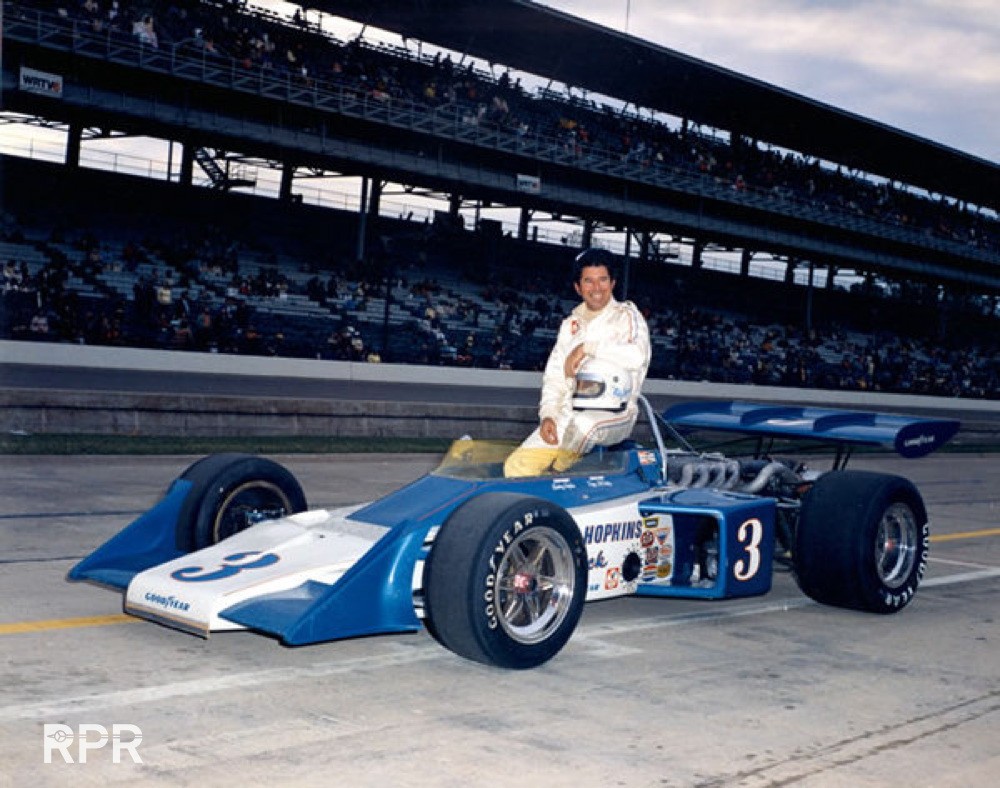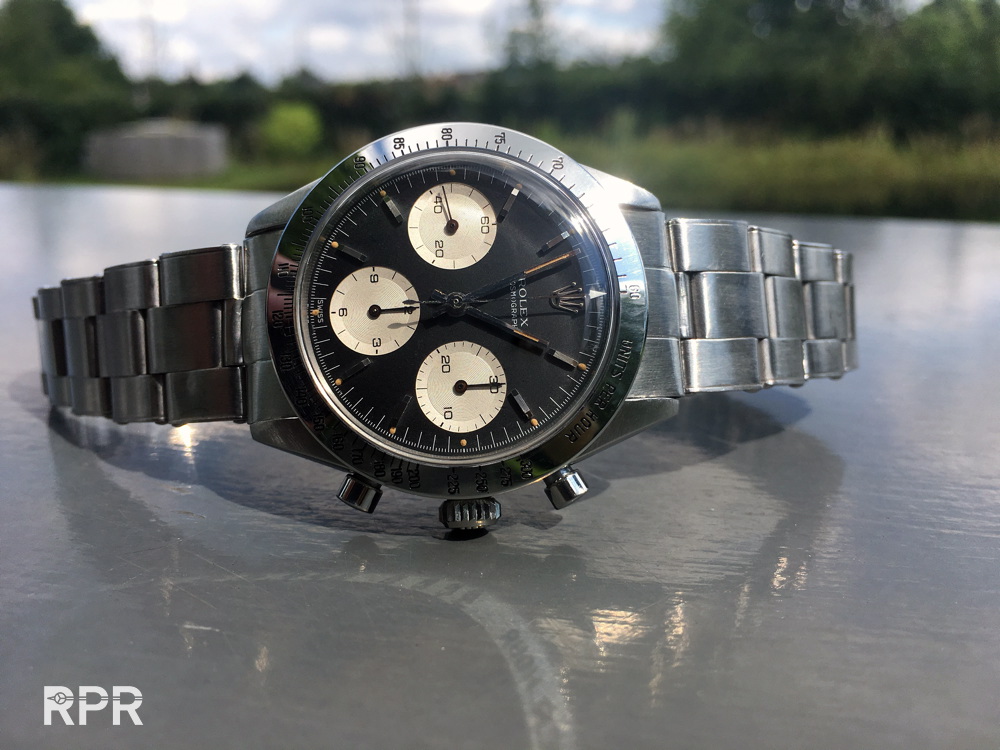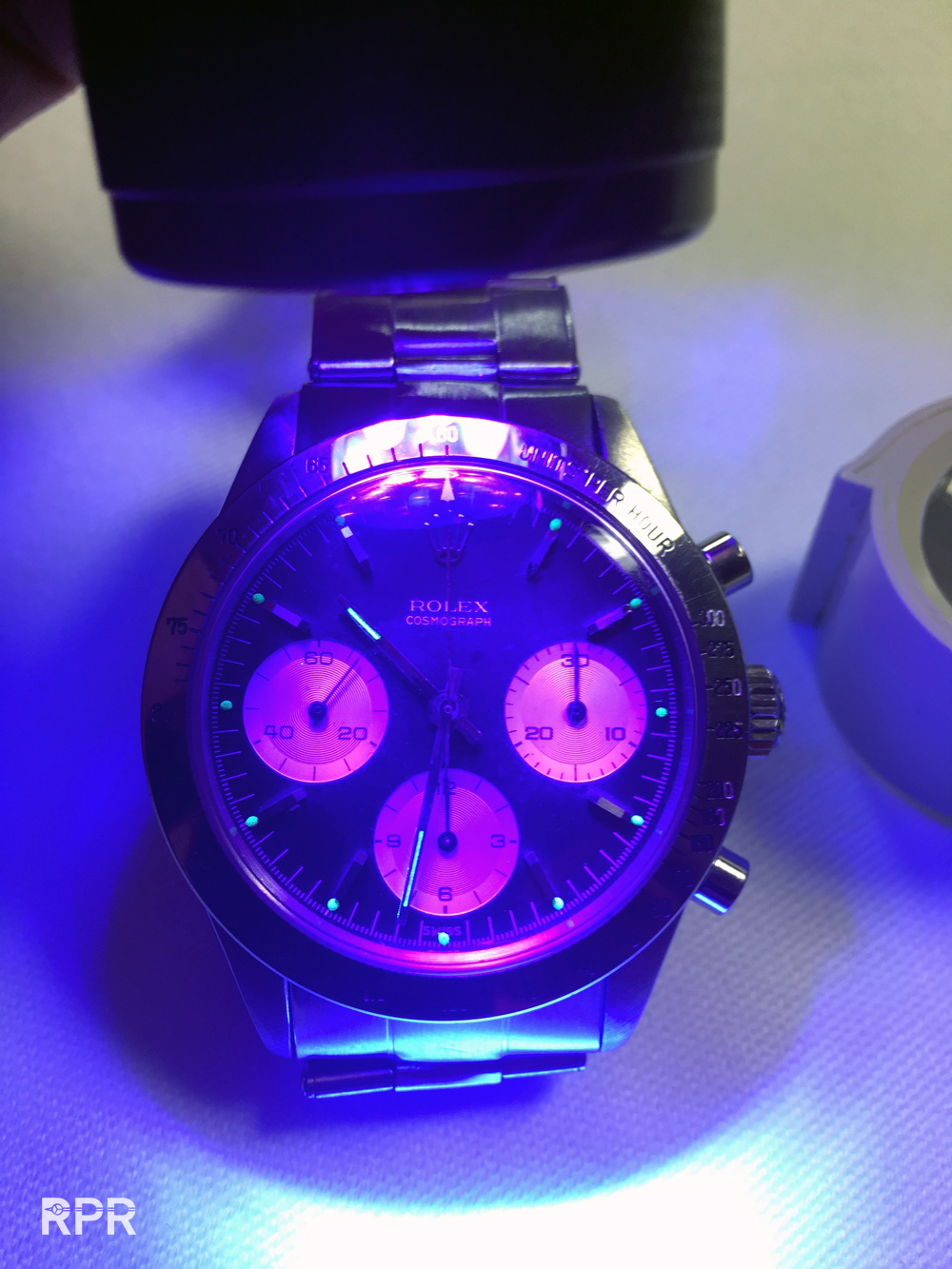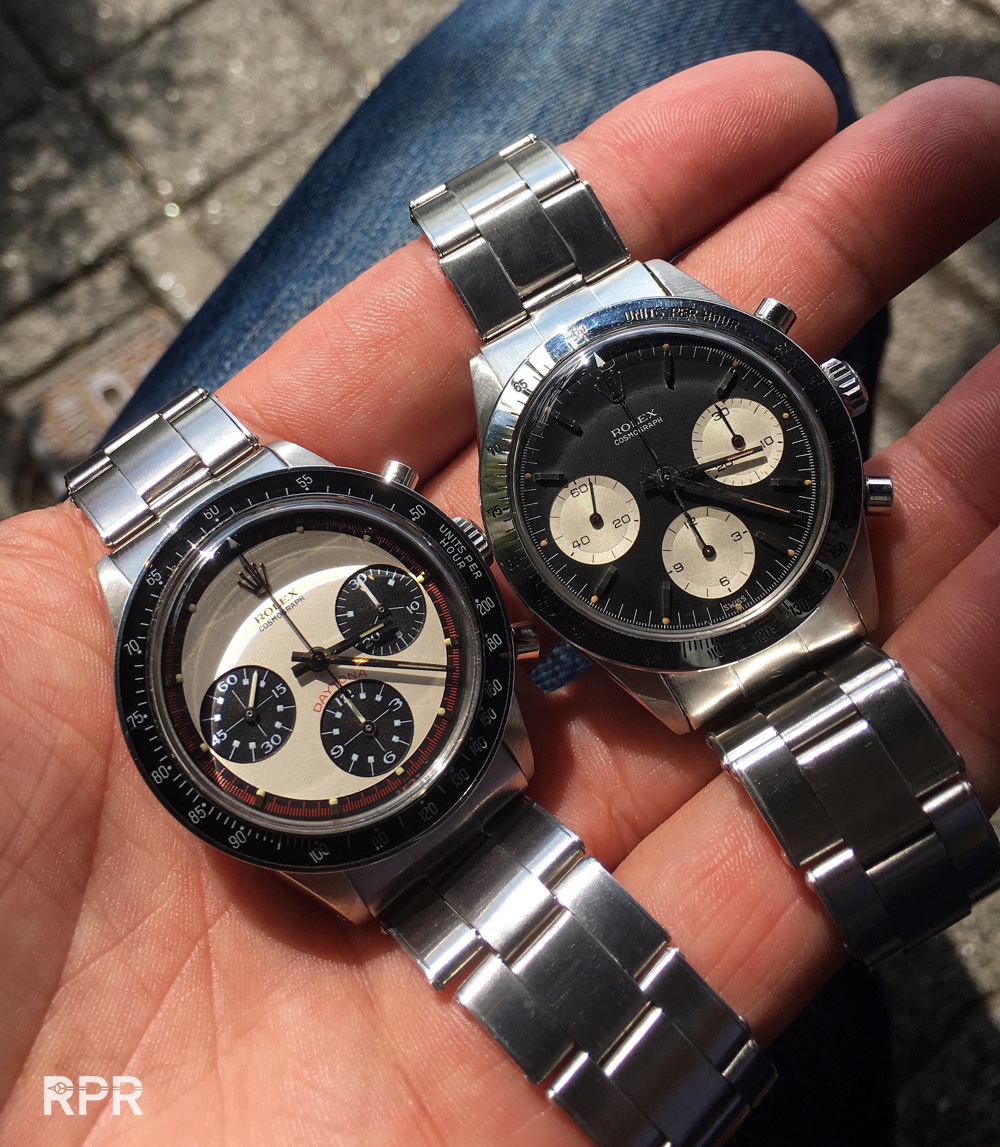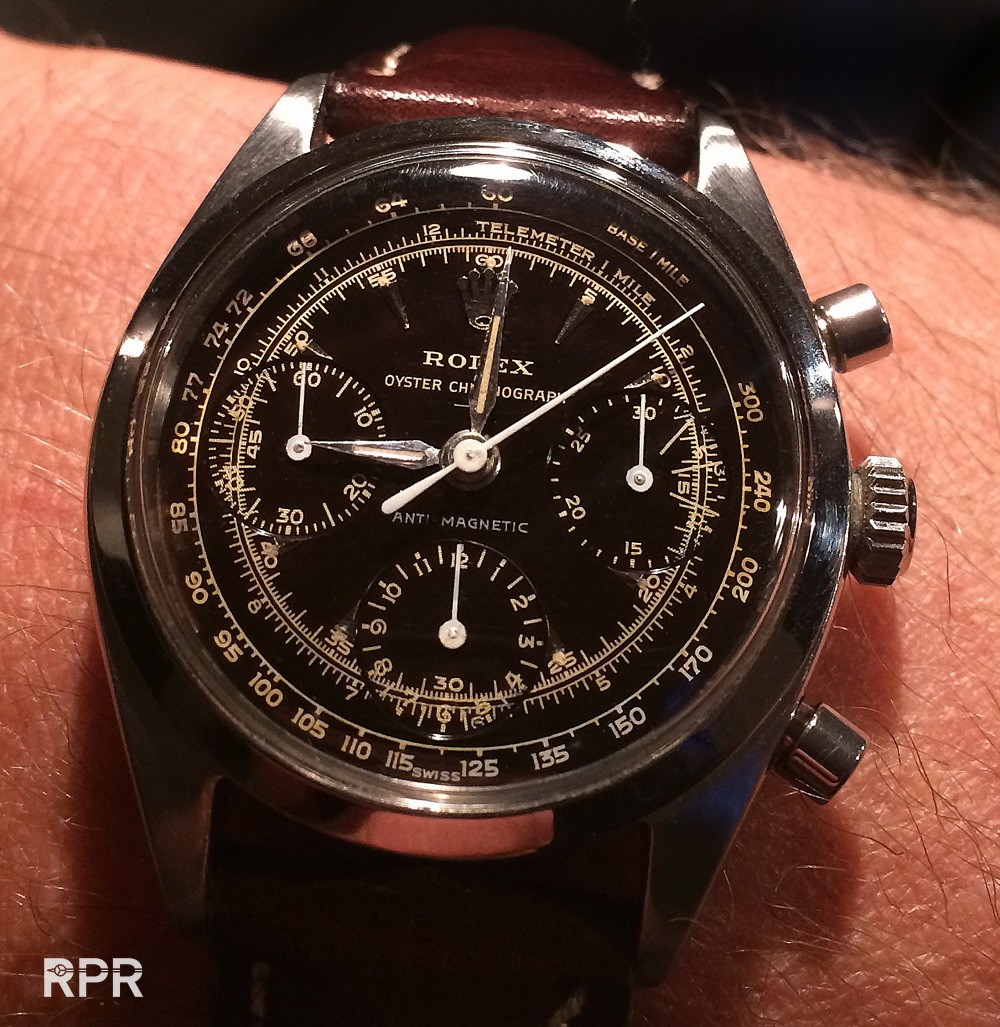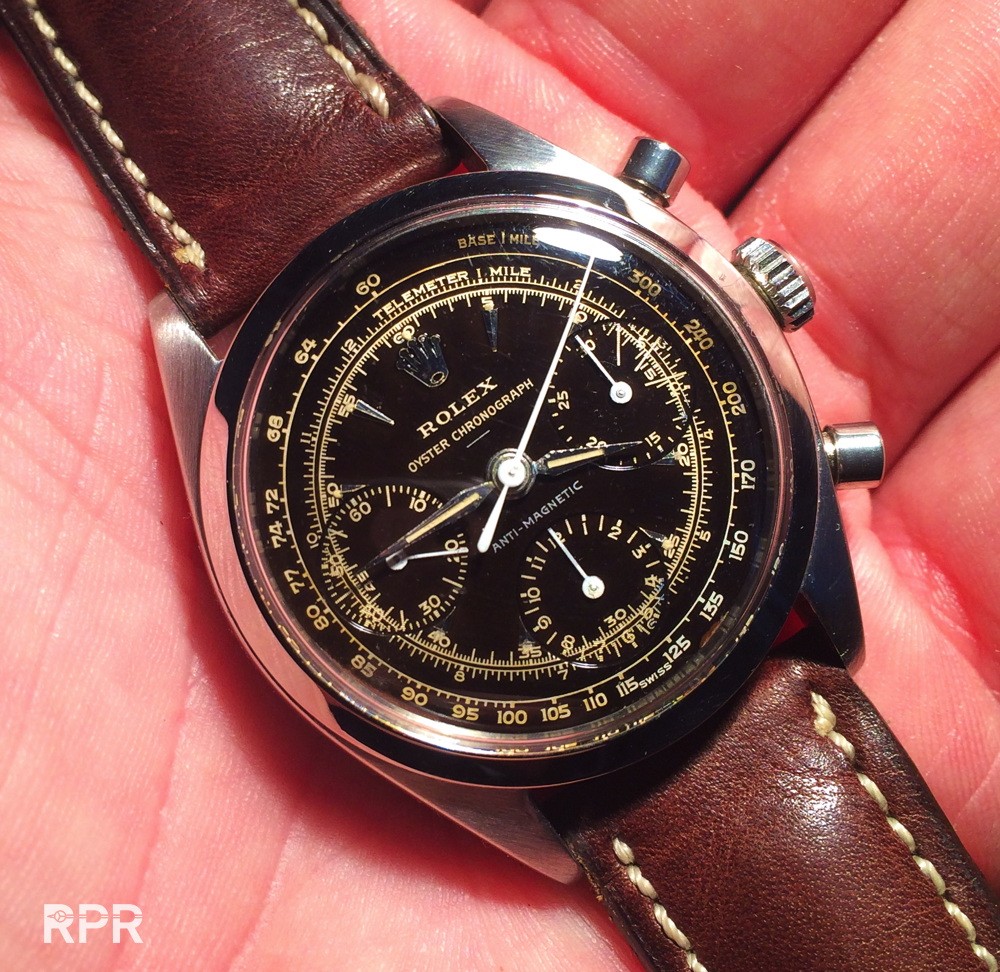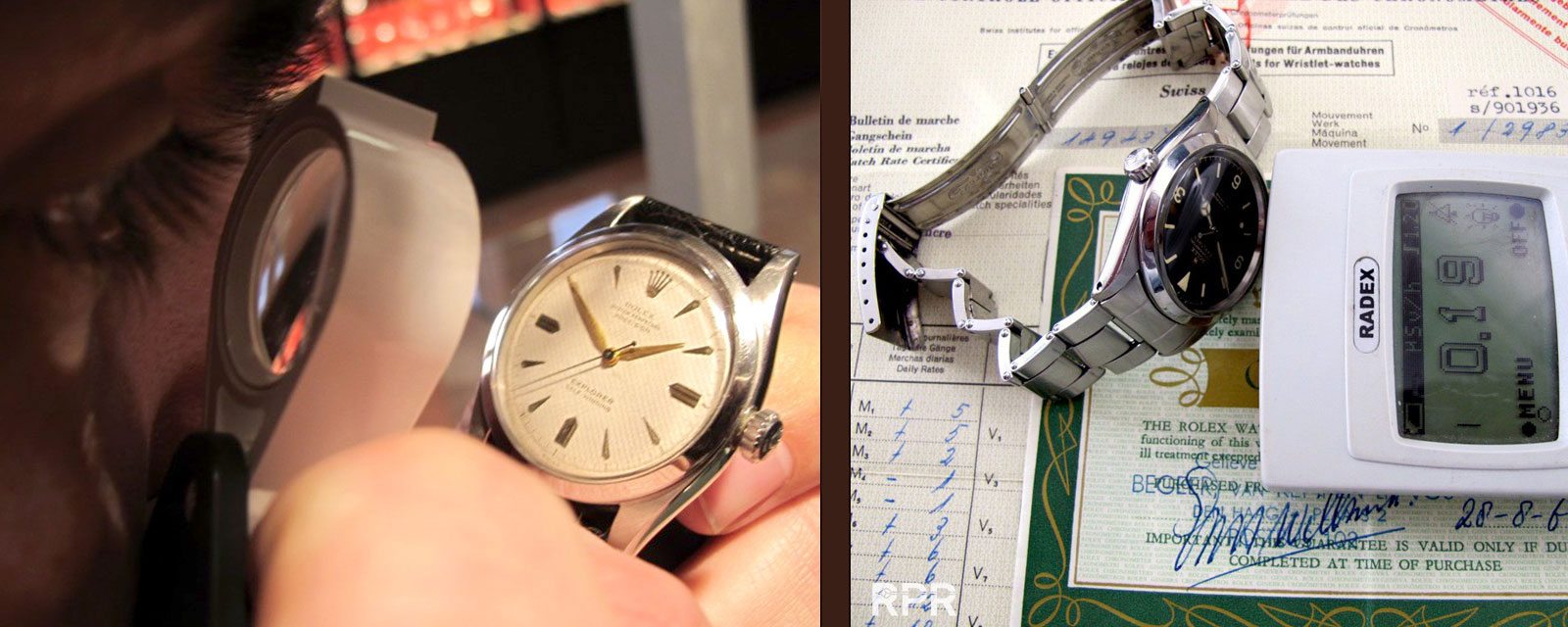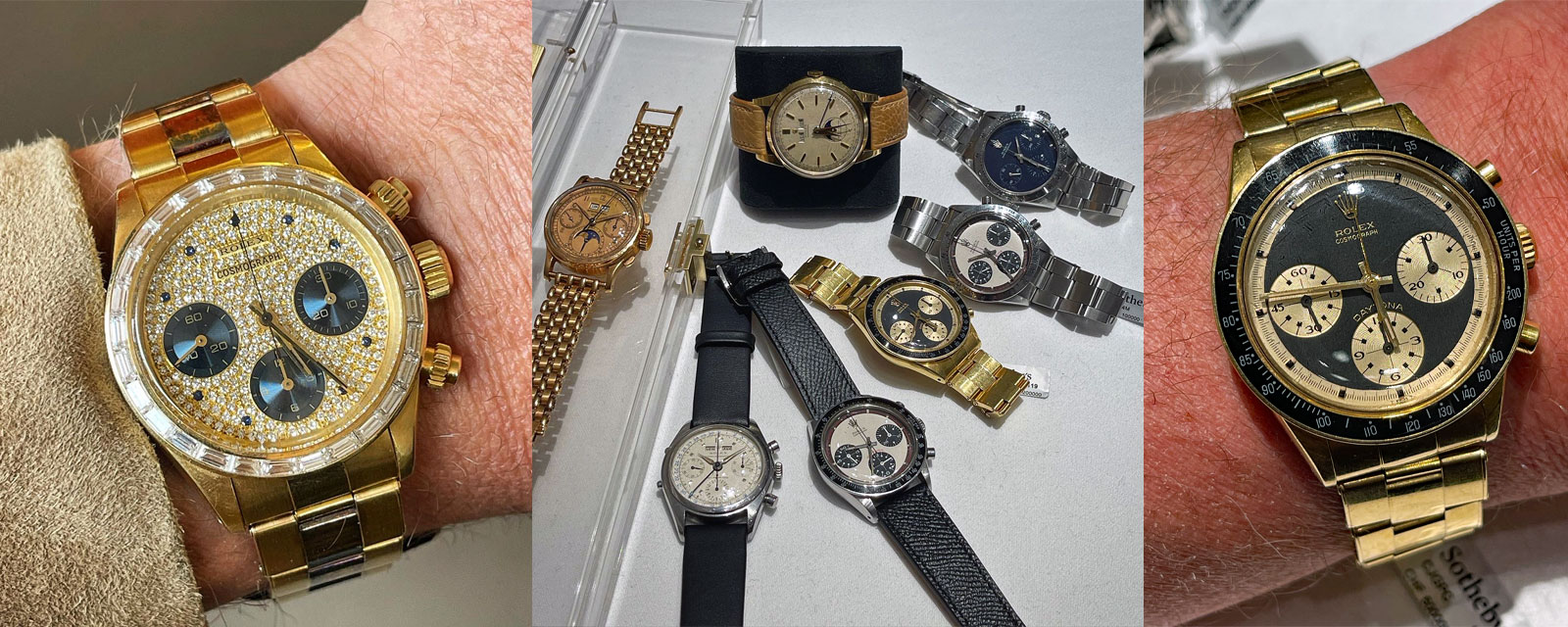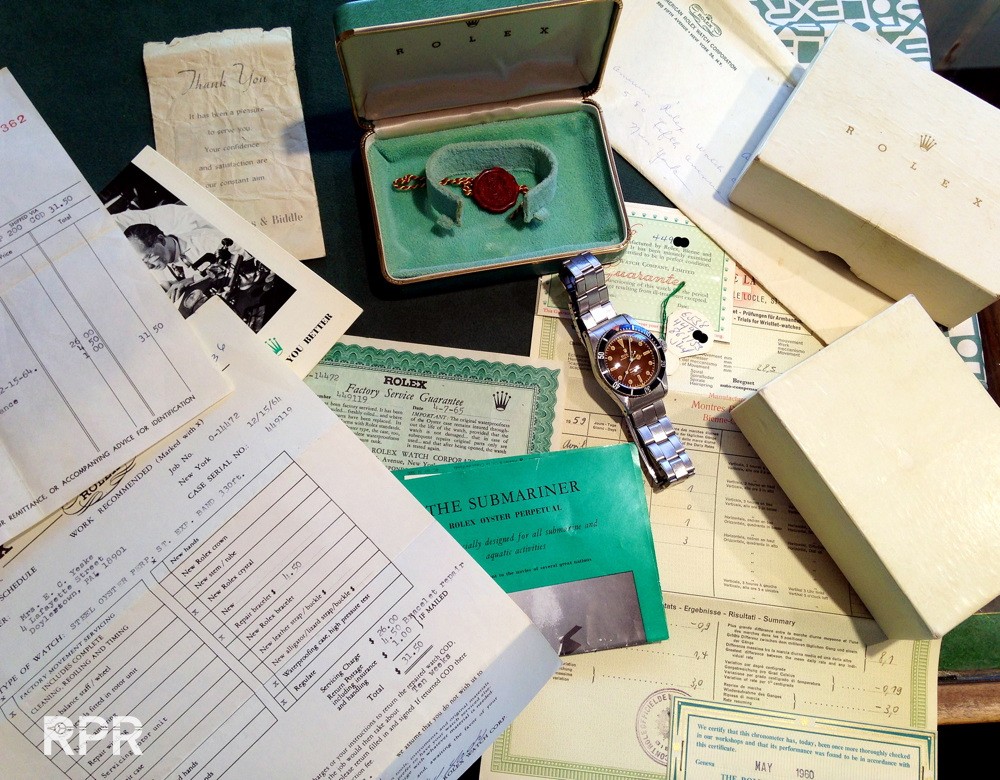The Hopkins Double Swiss Underline 6239. The First Rolex Daytona ever!
The myth around the iconic Rolex Daytona has spread around the world recent years. Always has the Daytona model been attached to motor racing, at first Rolex called their new Cosmograph the “Le Mans” and little later to “Daytona” when Rolex started to sponsor the well known speedway. Today I like to introduce you one of the very first Daytona models ever been delivered thats also having excellent racing provenance , The “Hopkins Double Swiss Underline 6239”. Commonly known in the vintage Rolex community these early Daytona’s have a 923.xxx serial. Mr Pucci writes in his Rolex bible: “The Ultimate Daytona” that the first Daytona’s had a 922.900 serial. Although I’ve never seen before a earlier one than the known 923.xxx batch, the Hopkins Daytona is besides preserved in stunning original condition, also having a 922.9xx serial, thus one of the very first ever delivered by Rolex!
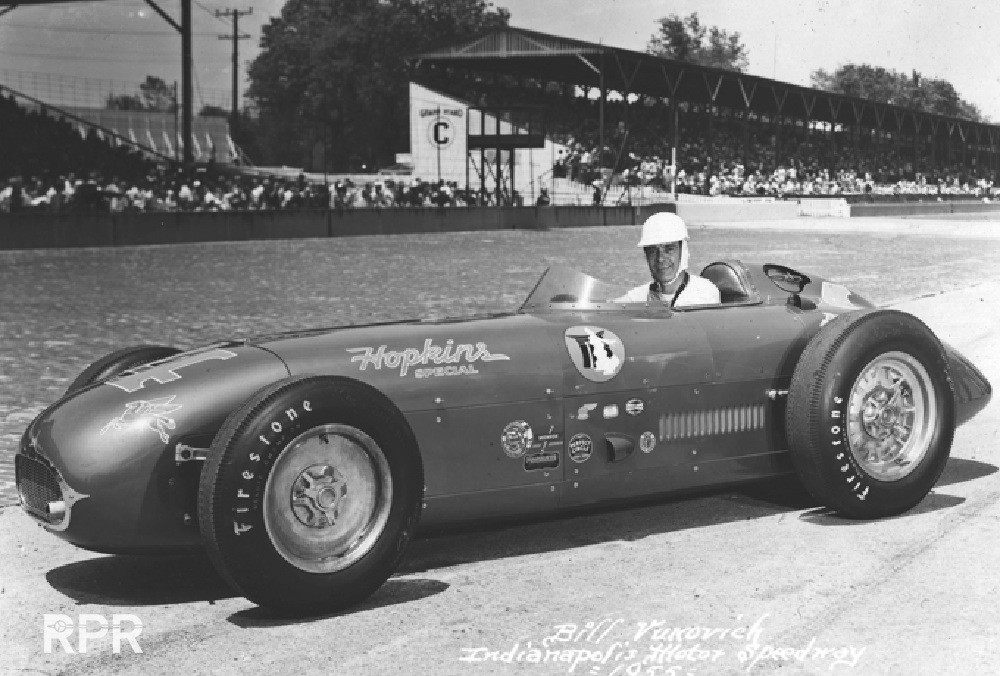
A very informative article about the first Daytona Cosmograph has been written recently by Ben Clymer of Hodinkee. In this article you read about the little details that are so unique for this first Daytona. The “transitional” underline ( meaning the luminous is from 1963 tritium and not radium as the “swiss” only signature at 6 o’clock makes you believe ), The “double swiss” ( meaning that Swiss has been added 2 times on the dial because it wasn’t visible due to the smaller opening the ref 6239 had compared to the earlier 6238) Then the white surface on the dial is called “Grené” which has a much more closed structure then the later silver soigné dials. Further, the backside of these early Daytona’s have a “Singer Brevets AV” sign, meaning the markers got glued on top of the dial. With later versions Singer chanced this proces and pinned the markers through the dial, making 2 little holes for each marker. The 300 unites bezel is having the typical “275” mk1 sign and is having hashes all around, the second hand at 6 o’clock is extra thin and the hour hands are bit longer then we see on later examples. The case back is signed 6238 and the case is still totally round from the back. Rolex was still searching in 1963 for the perfect form and usability.
From an article written Mr Hopkins: First, Hopkins…. He and I had more in common than business interaction and bank accounts. He was a Greensboro native, born and raised on Mendenhall Street, as he frequently reminded me, the most successful sportsman we’ve ever had, though you wouldn’t know it by what’s left of the local daily.
Let me start by saying that Lindsey Hopkins was, in the purist definition of the word, a sportsman. Oh, he was a businessman also — a very, very rich businessman — but he was in racing for the love and camaraderie of it. He loved to mingle in Gasoline Alley with those who drove for him and the list included such legends as Jim Rathmann, Roger McCluskey, Bill Vukovich, Lloyd Ruby, Wally Dallenbach and Pat O’Connor.
You didn’t hear Lindsey Hopkins whining or talking about the lack of sponsors. Hell, he could buy the Indianapolis Speedway and Daytona along with it. The native Carolinian had homes in Miami and Atlanta and spent a lot of time in the Bahamas where he owned a chain of hotels.
Early on, in the 1960s, Lindsey teamed with another racing man, John Mecom of Houston, another wealthy sportsman, to acquire the New Orleans the Saints expansionist franchise from the NFL and bring a third pro football team to the South — Miami and Atlanta were the other two. He called and offered me the Saints’ relations position but at that time in my life PR translated into “flack.”
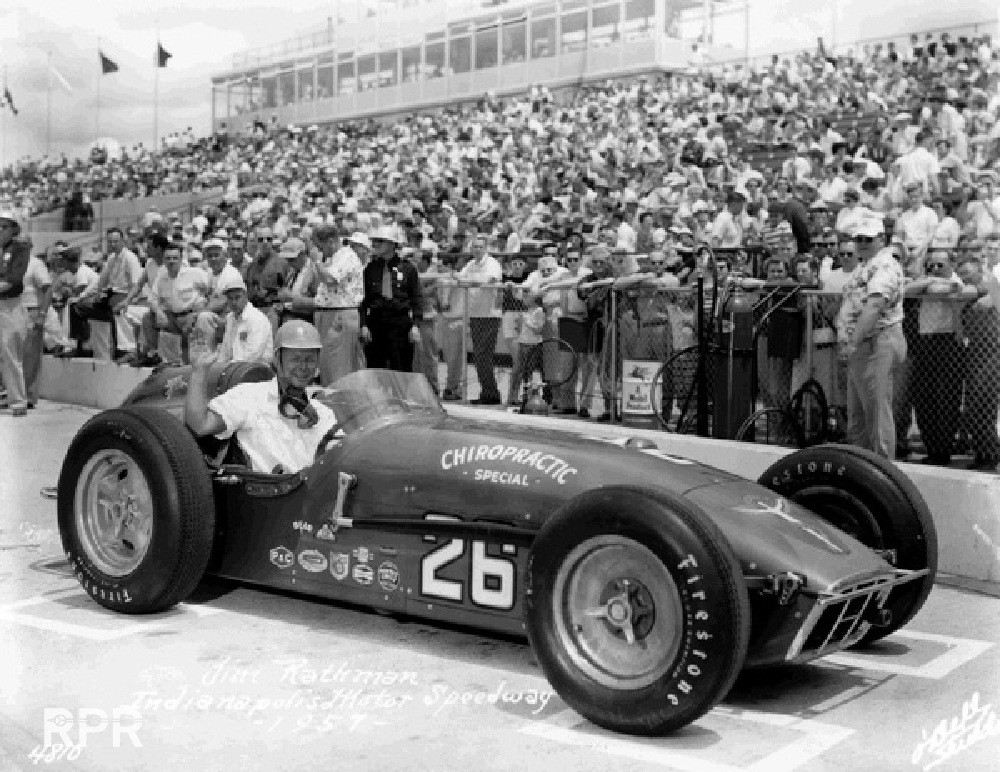
When I was in Houston, with the old Press, a favorite saying was that Mecom’s mother asked him to go downtown to buy some rice and a newspaper, and he obliged by driving down Fannin Street and buying the Rice Hotel and the Houston Post. I could have supported myself for a lifetime on the Ferraris and Maseratis he had in his racing stable.
Hopkins and Mecom weren’t the nouveau riche; they were old money, and, as I said, true sportsmen. For several years, Hopkins sponsored four cars in the Indy 500, and I covered the star-crossed race in 1973 when McCluskey drove for him. It wasn’t all parties and good times.
There were tragic moments. Hopkins saw two of his drivers, O’Connor and Vukovich, flip and die on the track. It saddened and hurt him, but he never thought of packing up and cutting his losses. Like most drivers, he developed a fatalistic approach to track deaths: What will be will be; it’s either your time or it’s not.
One more thing on Lindsey Hopkins: It was through his intercession and support that the Indy cars raced for the first time in the South. As an official of USAC, he arranged for the open wheels to make their debut at Atlanta International Raceway in the 1960s. I don’t know if AJ Foyt appreciated the historical significance of the occasion since he was too busy tumbling out of a burning racer in the infield in what he has described as his “closest shave.”
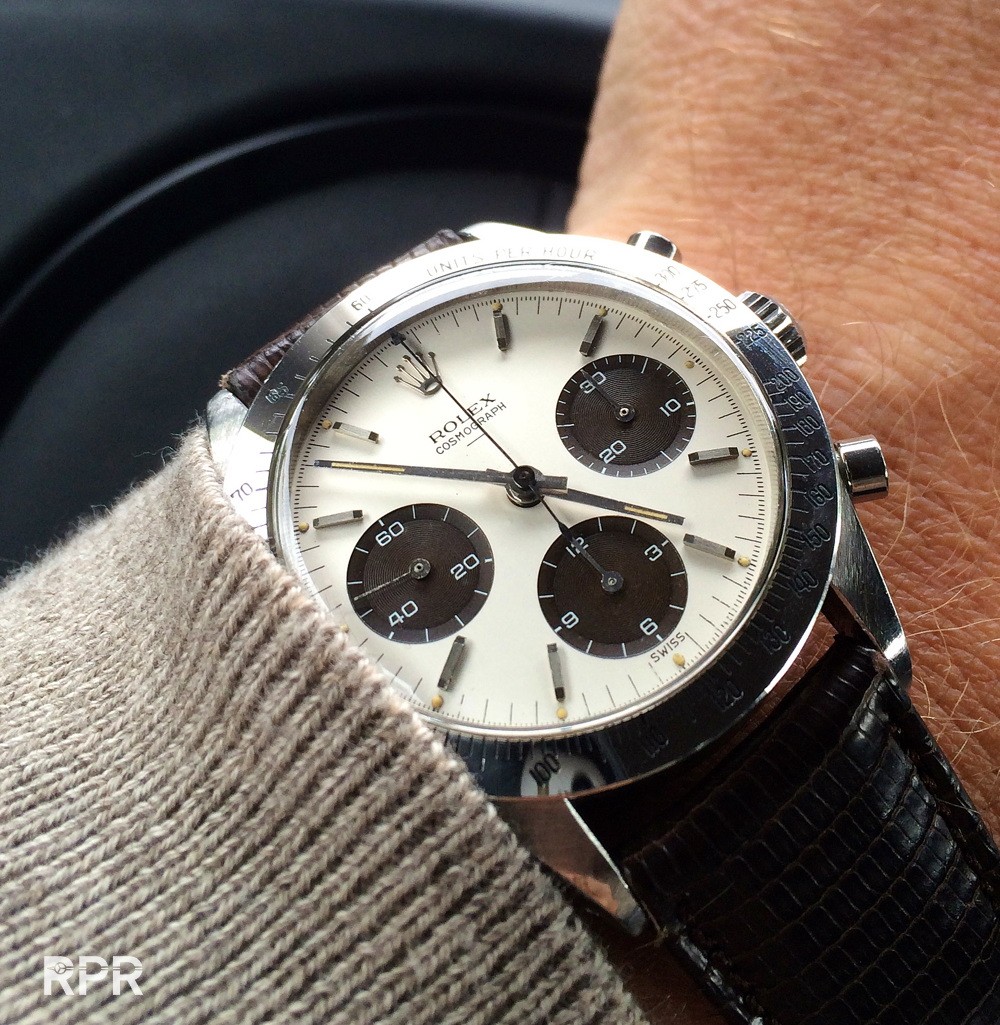
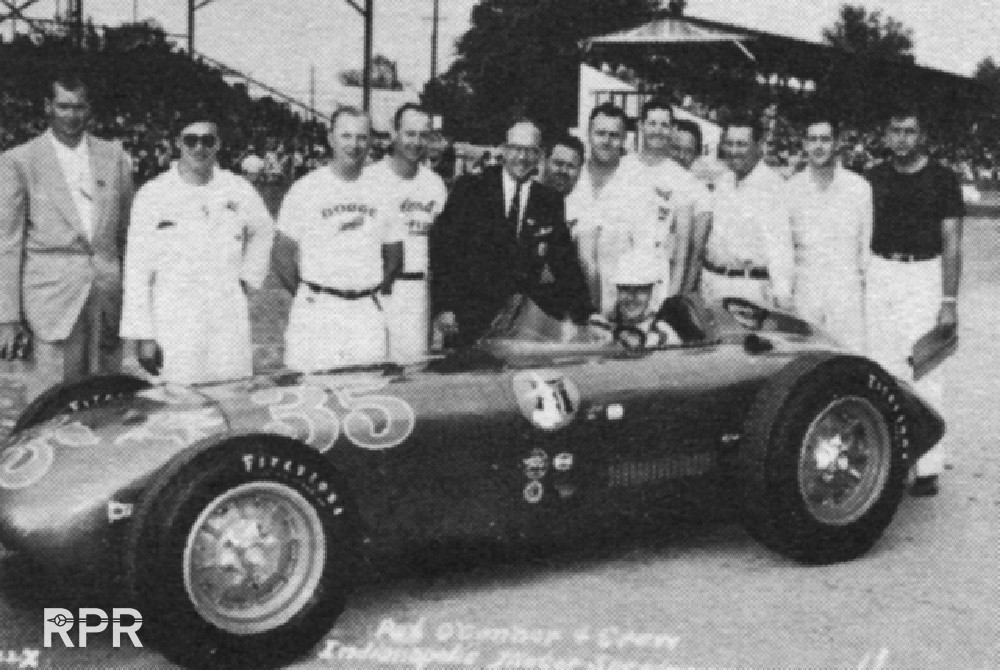
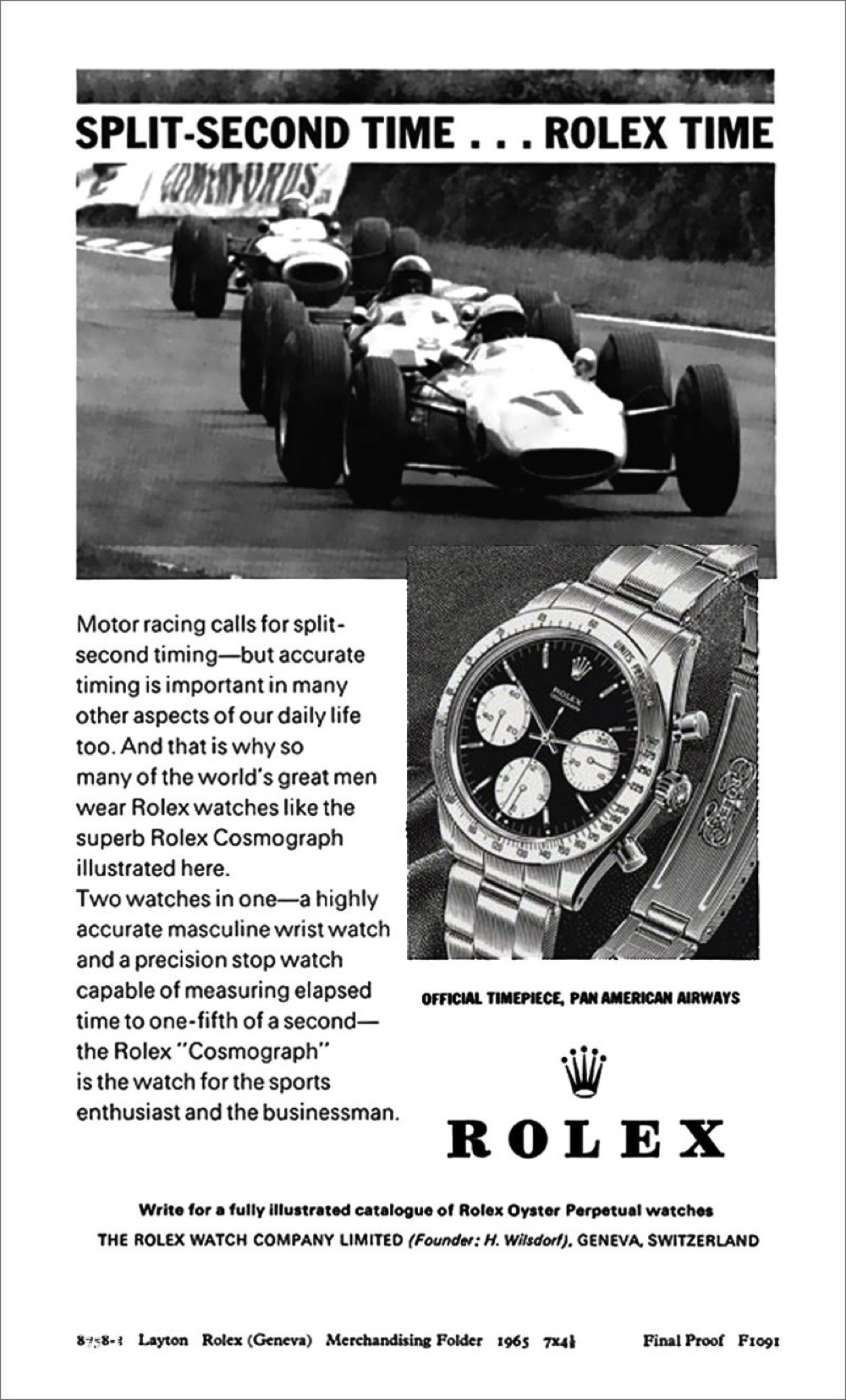
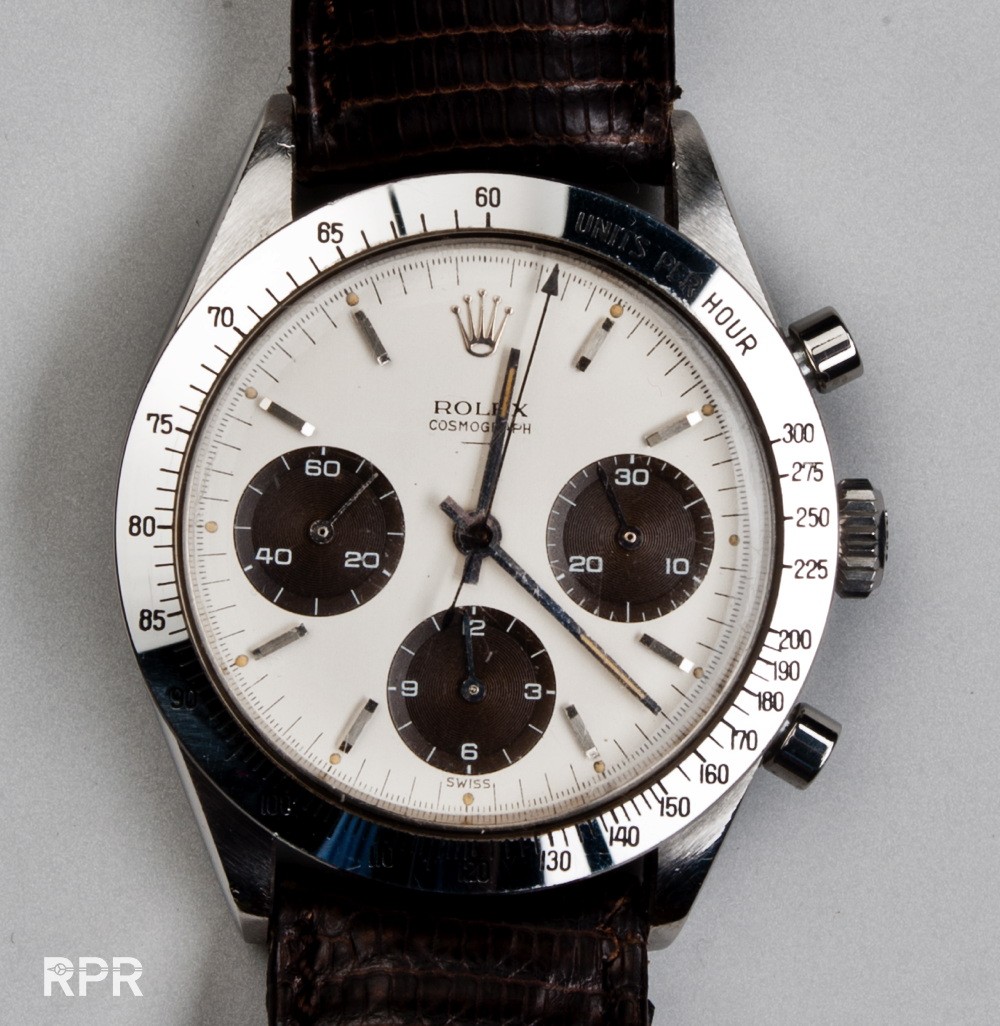
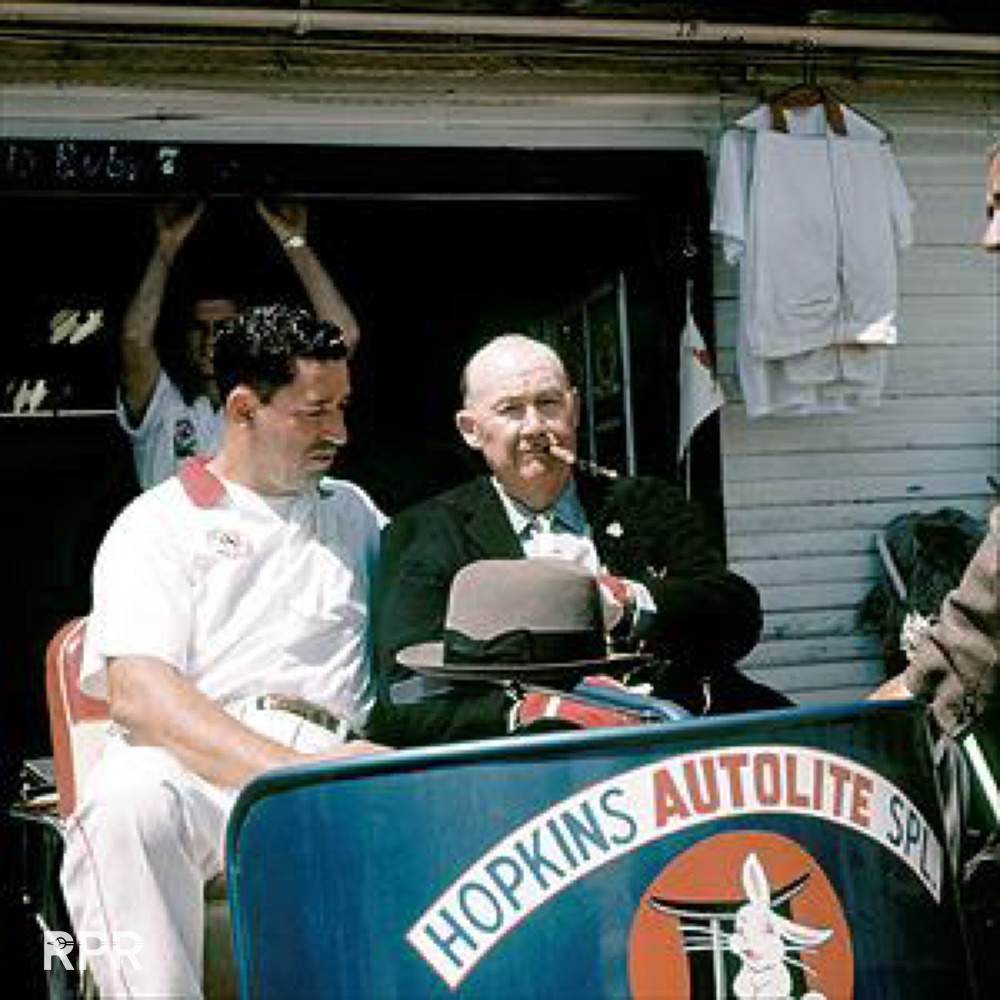
The first Rolex advertisement for their new “Daytona”…
Little earlier Rolex advertised with the name “Le Mans” but this chanced quickly when Rolex entered the US market massively and started sponsor the Daytona Speedway…
Here’s a so called Le Mans Daytona, a double swiss black dialed non underline version with 923.xxx serial…
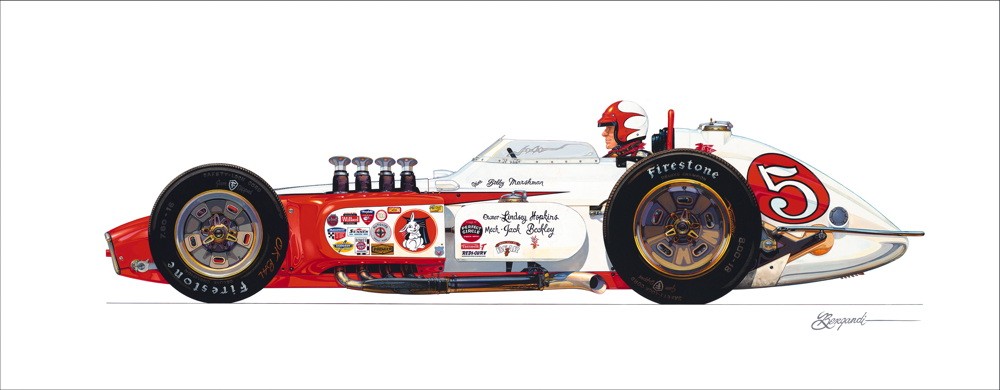
As a amateur magician, Mr Hopkins used this for his private logo each of his racing cars would have added..
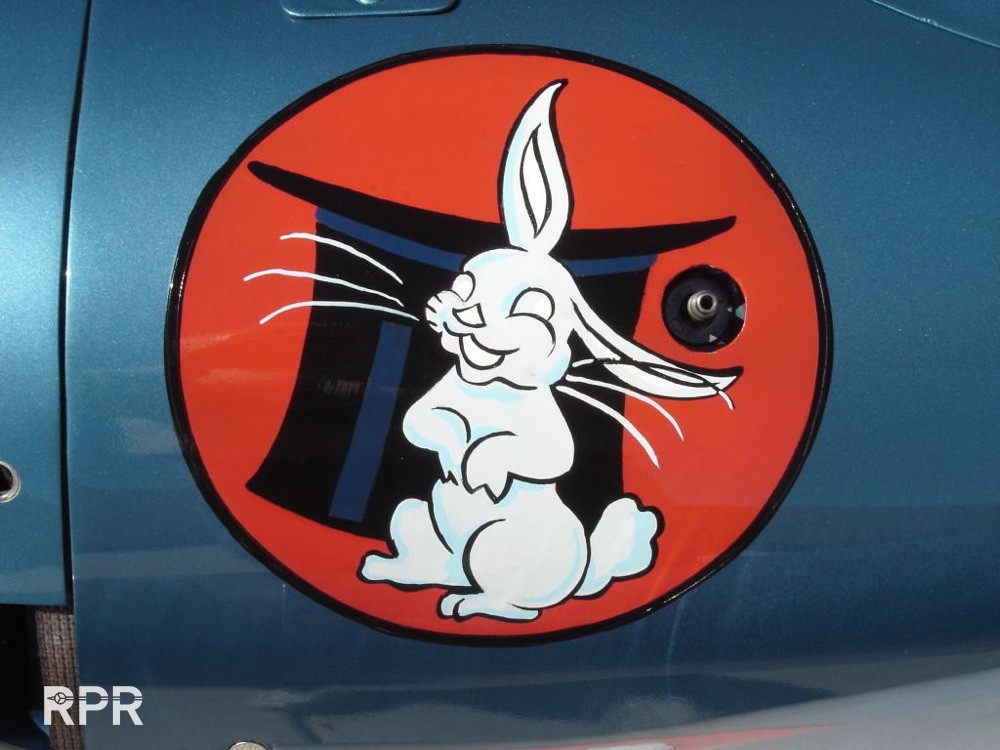
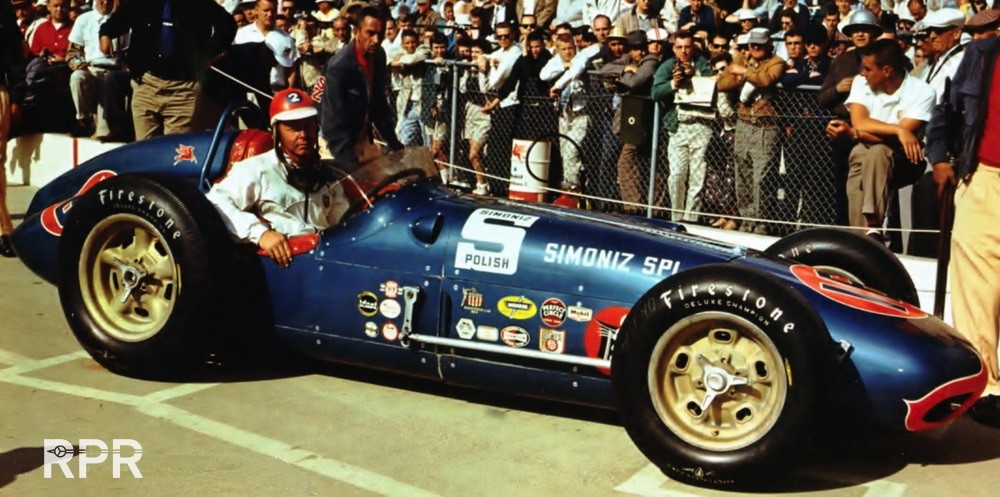
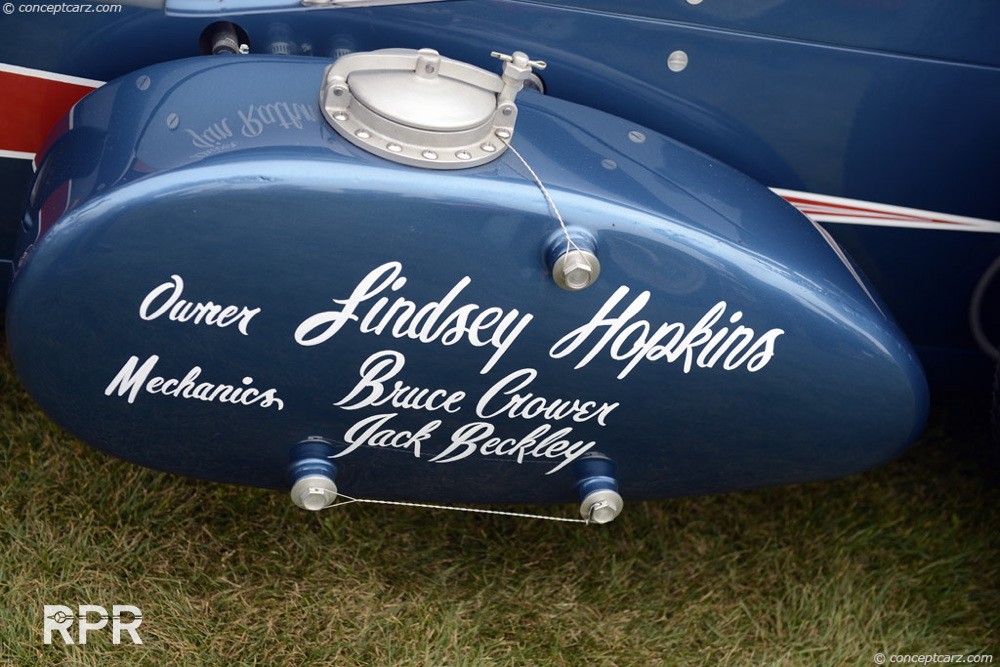
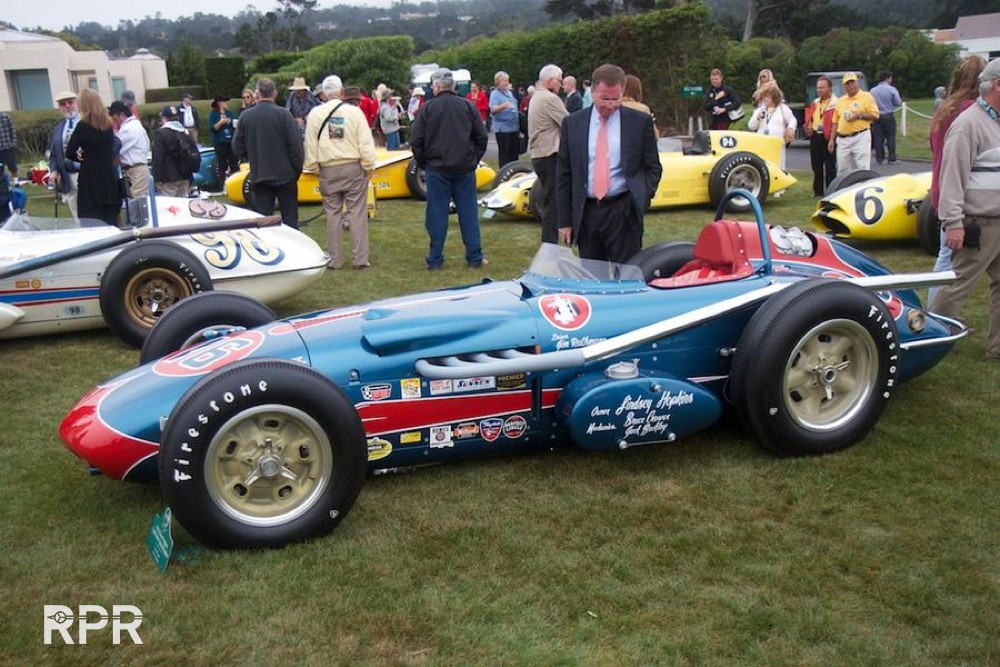
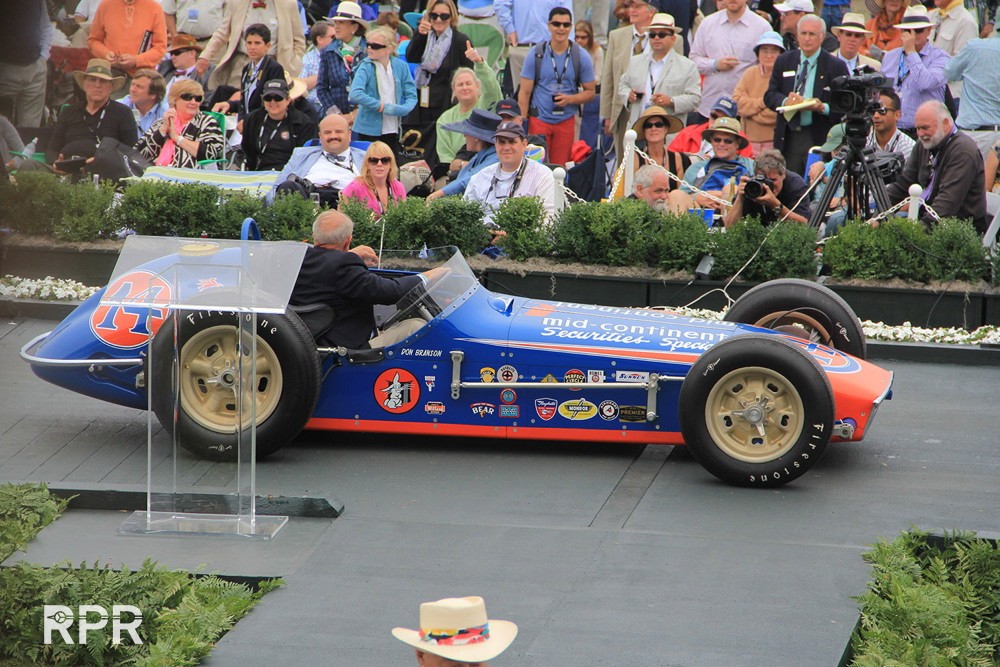
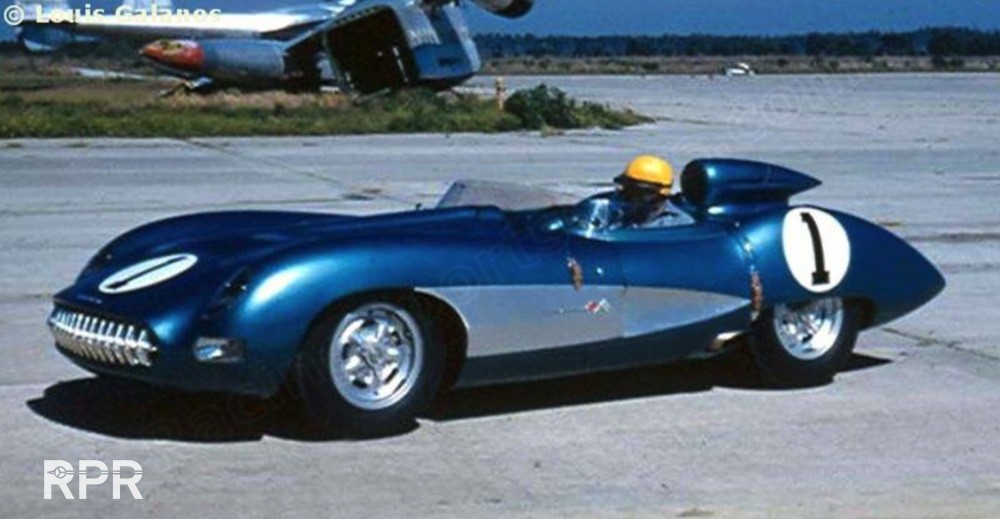
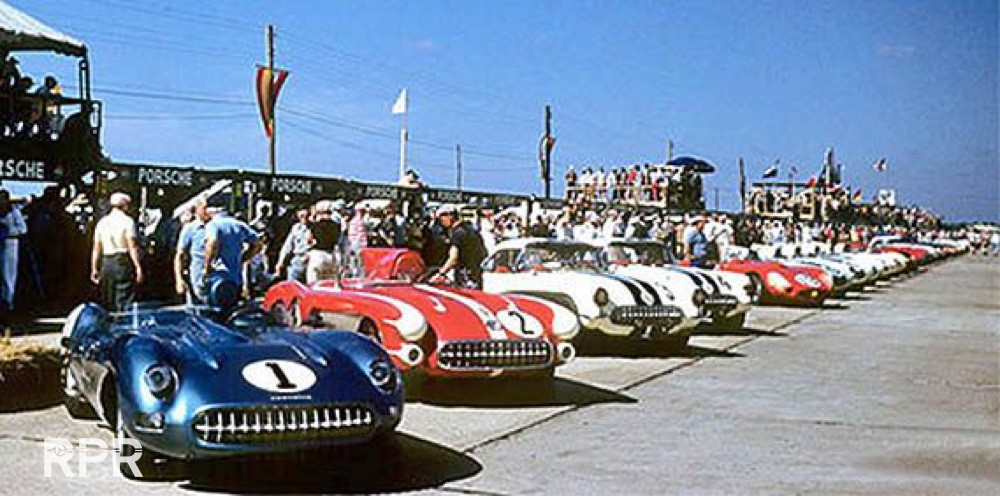
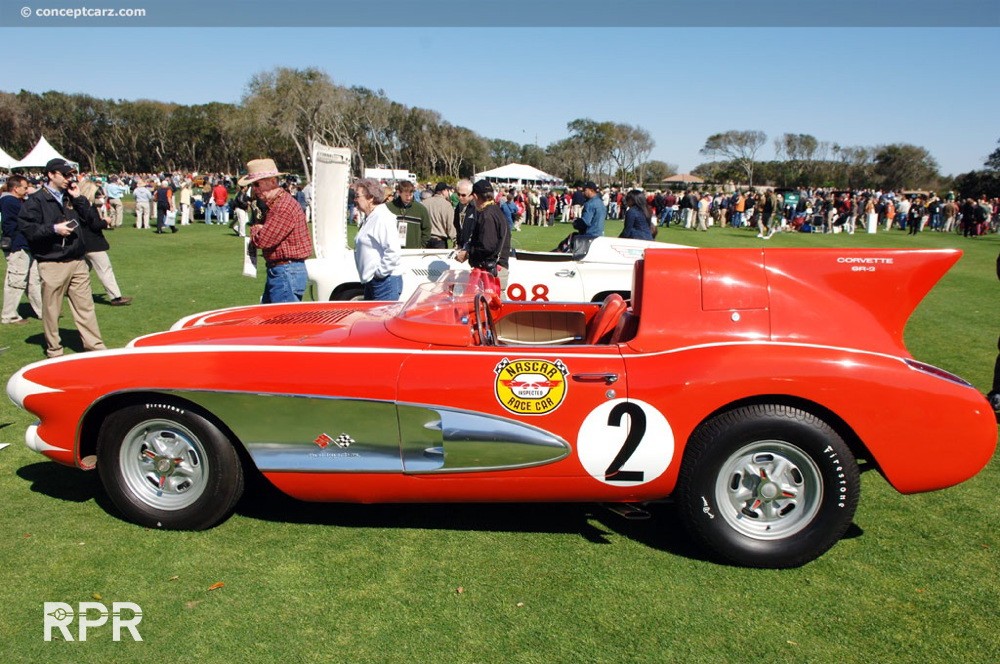
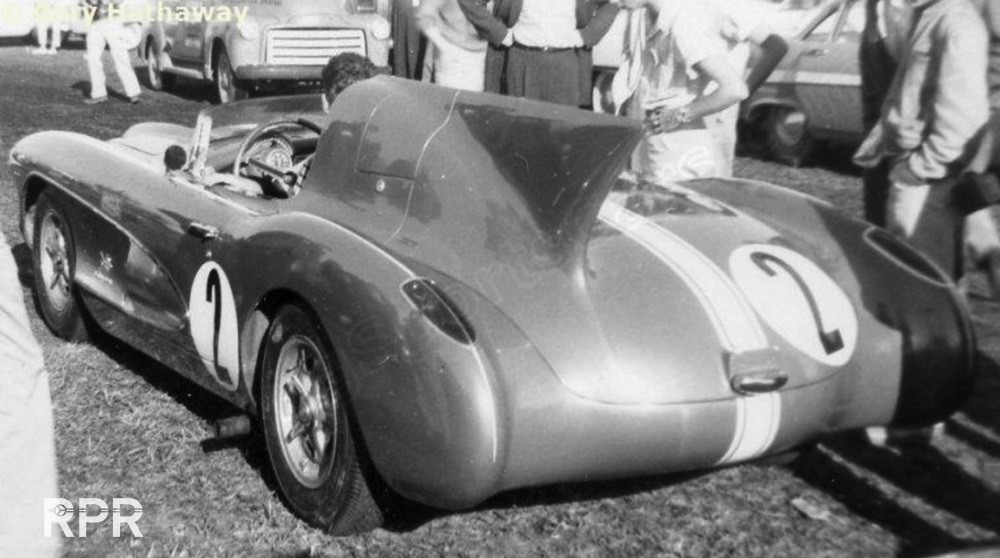
![]()
![]()
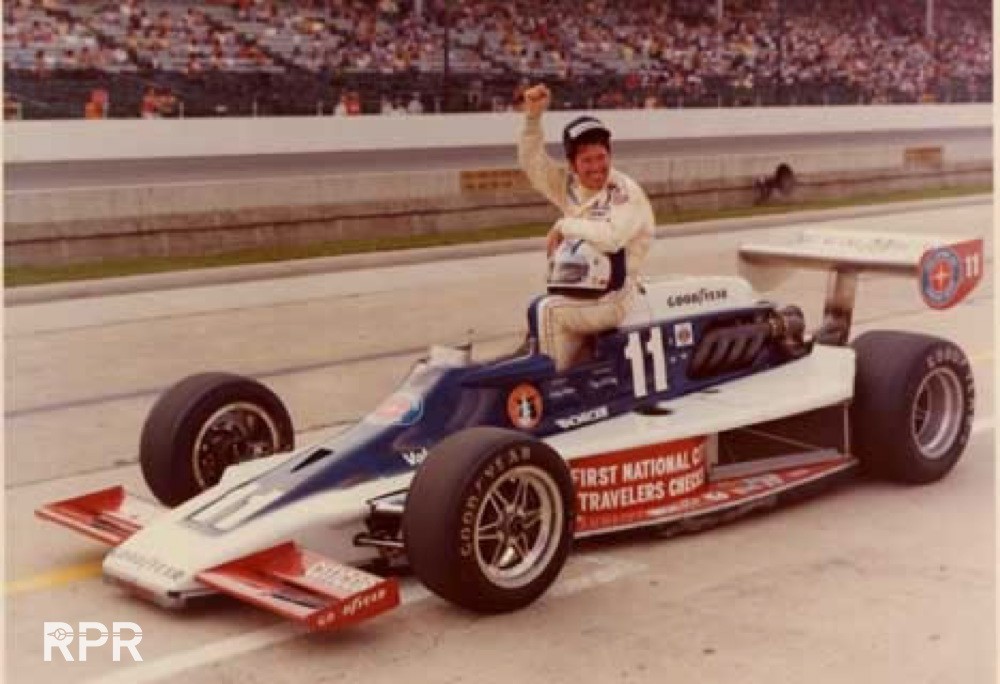
After 51 years, I brought it back to the racing track, here in Spa Francorchamps..
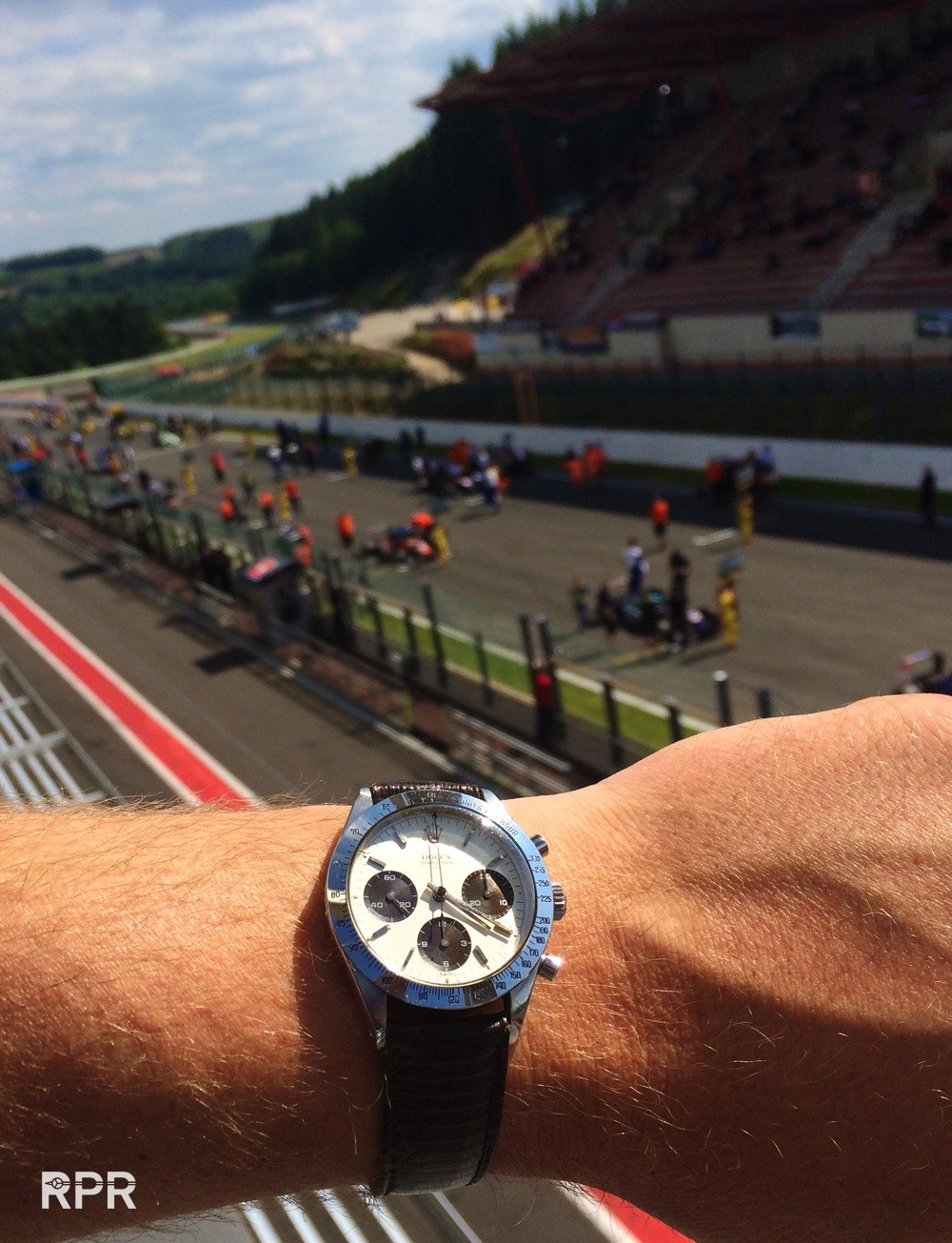
and used it to measure the lap times my son was driving at the karting championship here at the Schumacher & Vettel track in Kerpen, Gemany..
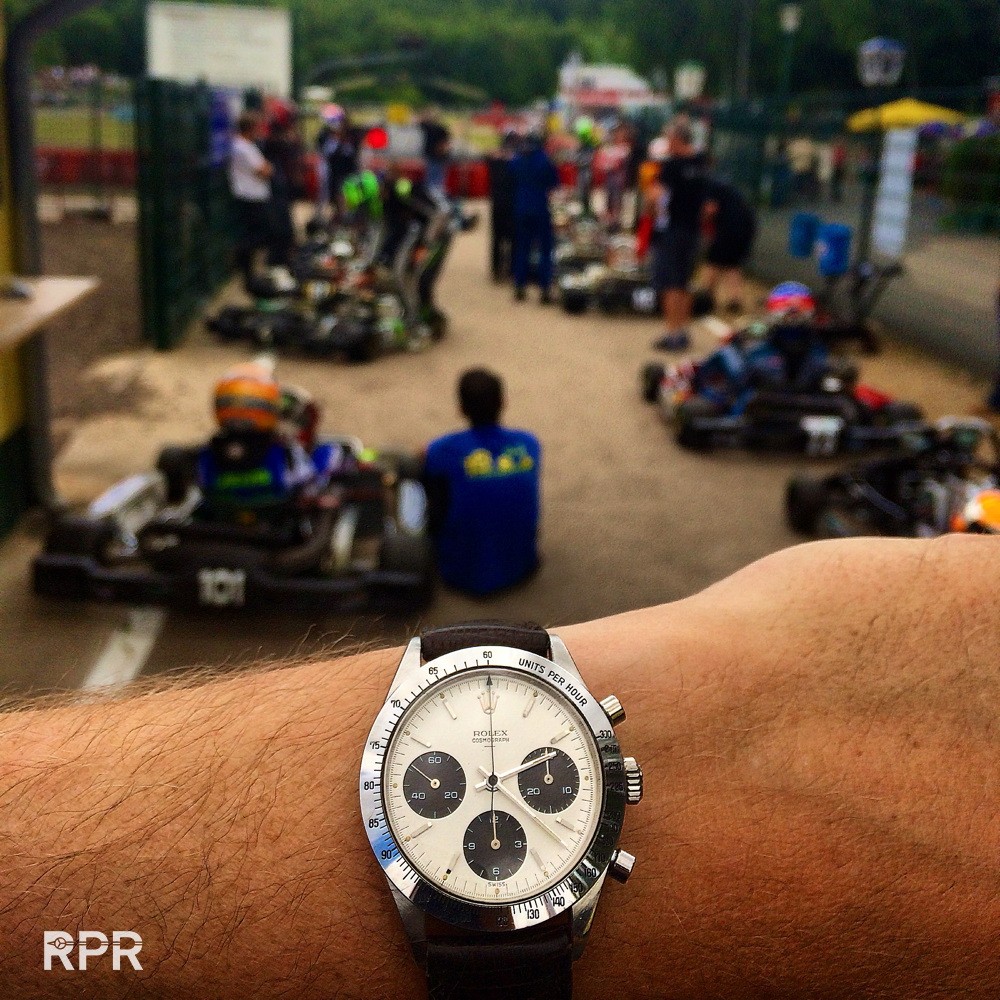
As we came to the conclusion after analyzing many double swiss Daytona’s is that the “underline” where made for the U.S. market and the non underline for the european market. Back in 1963 the U.S. market had become Rolex No.1 sales place and a logic choose was to name this new Cosmograph, the Daytona and not the Le Mans. Here’s one of those early rare birds in excellent condition…
The Double Swiss dial where very fragile and you hardly come across an example that still has all it’s original lume dots, very clearly visible on below UV light picture…
Together with a Ref 6241 Paul Newman sold by Ricciardi Jewelers….
A little later examples of the notorious Daytona, one that’s having the ” -TswissT-” and Swiss sign, also “Brevets AV glued markers”, small second hand at 9 o’clock and is probably one of the very first ones that got the “Daytona” signature printed on the dial…
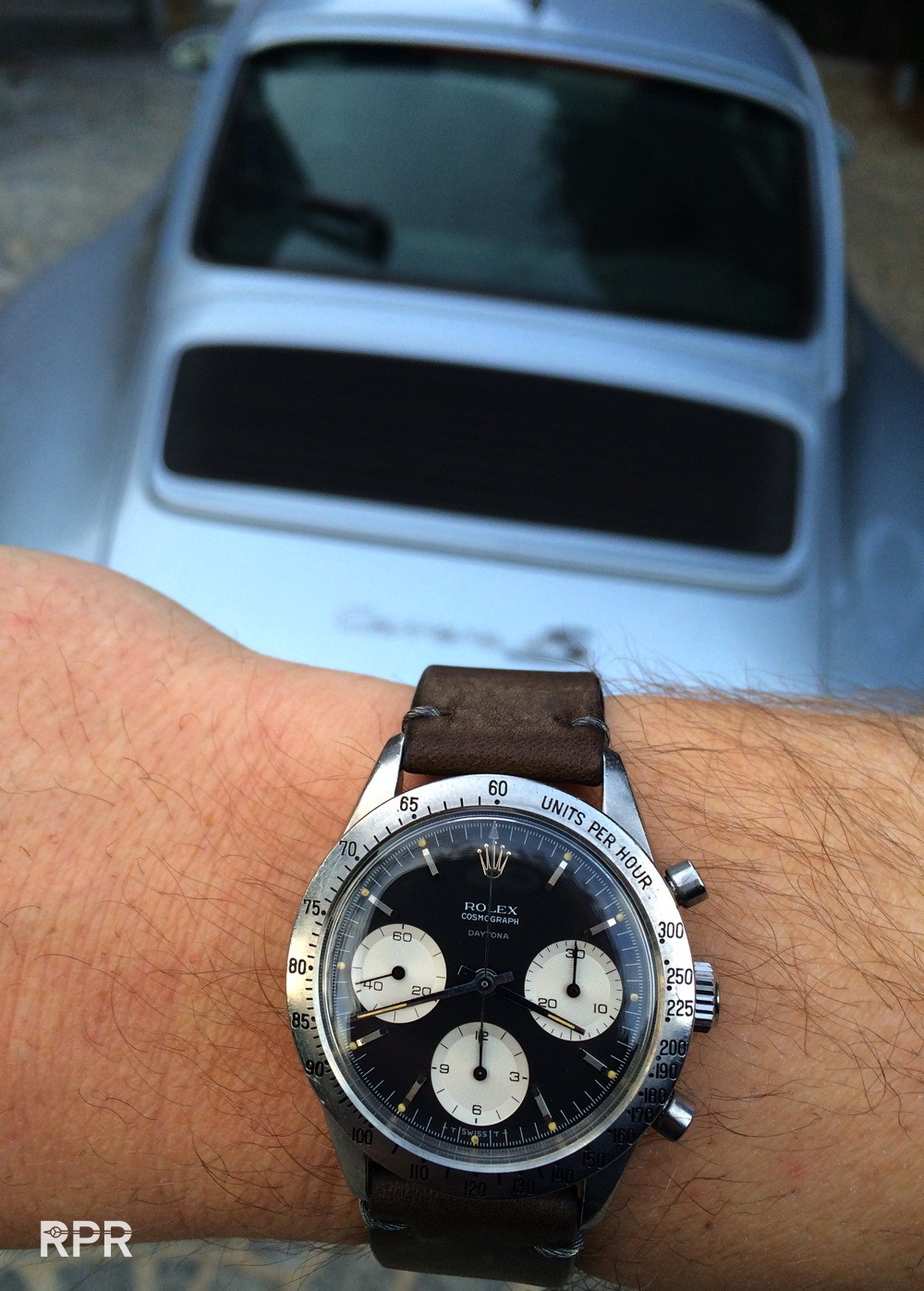
Up close, the 1st Serie Nero Dial with suspended logo in unpolished condition with fat patinated luminous..
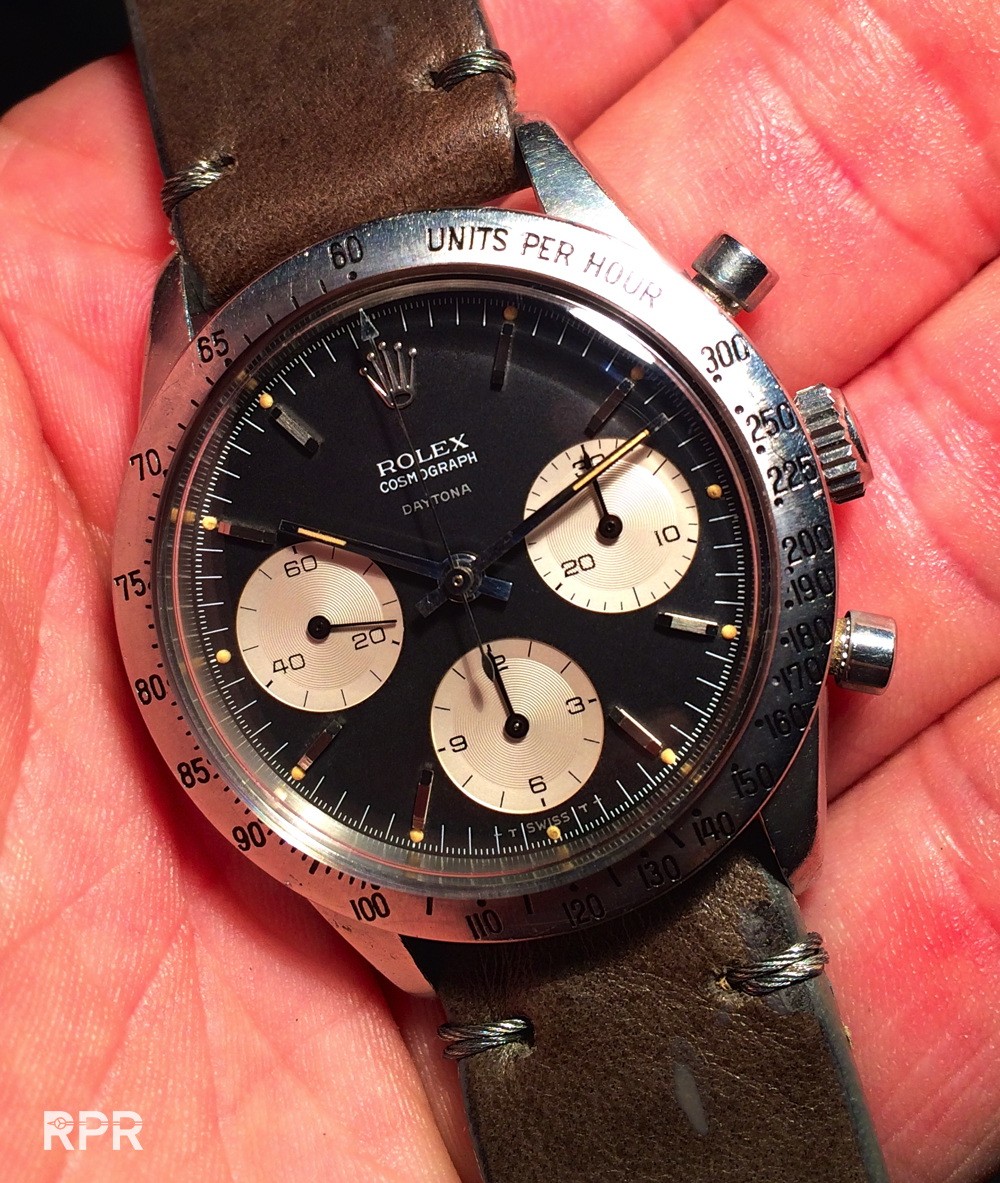
Together with a unpolished Rolex Paul Newman ref 6262..
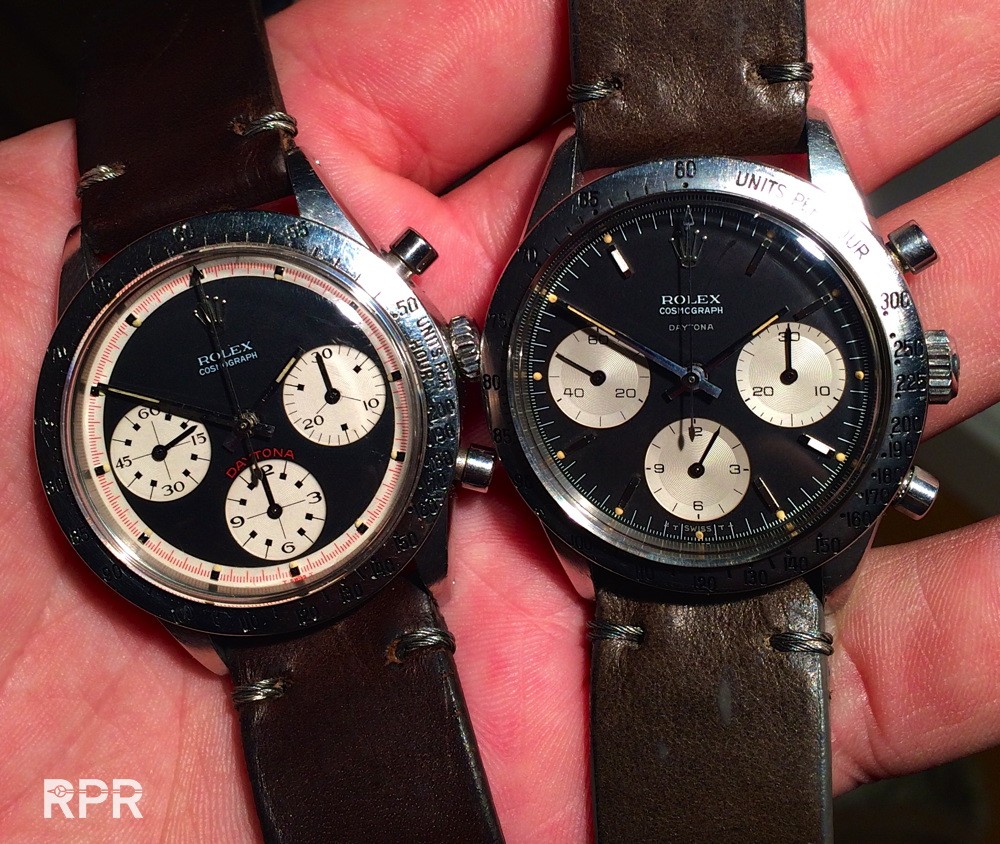
For your information, the earlier Rolex chrono’s had the tachymeter ( and here the Telemeter as well ) printed on the dial
Clearly visible in this picture is the silver “Underline” that got added on top of the finished lacquer..
After the ref 6034 and ref 6234 we saw above, Rolex made the ref 6238. A rare black version we see on the left, next to a unique Prototype on the right..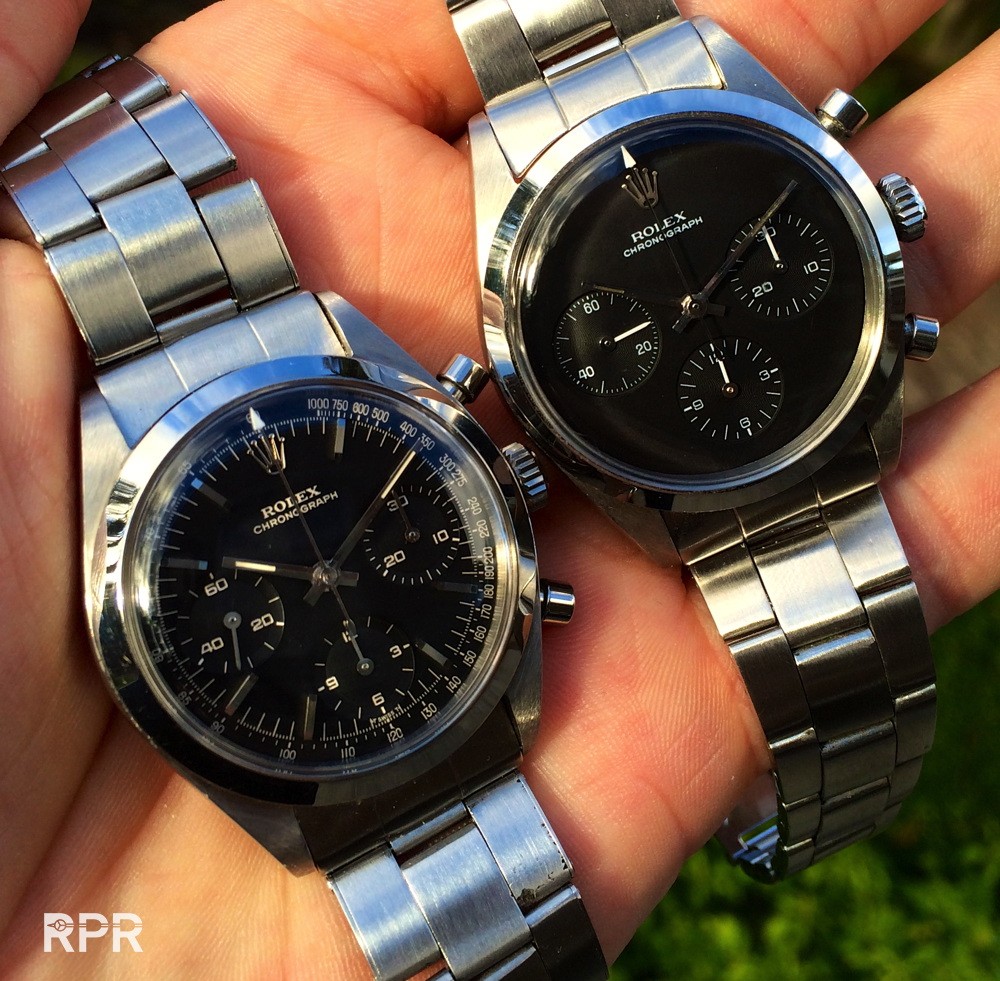
A double swiss ref 6239 without underline, next to a 6265 Oyster Paul Newman..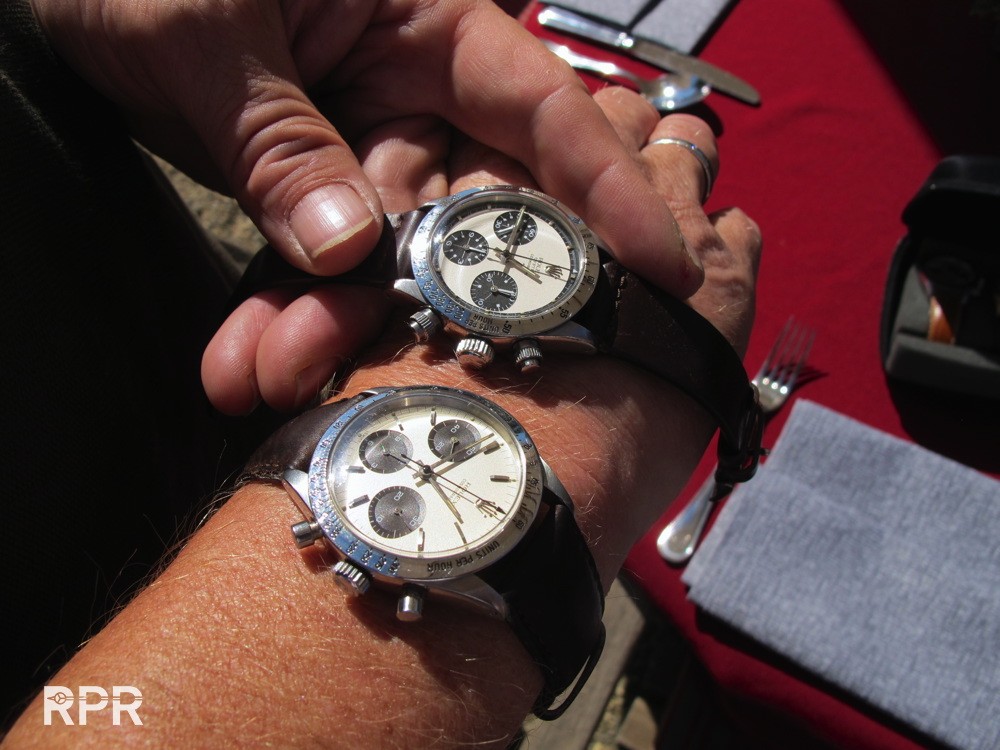
Yet another 6239 Double Swiss Underline but with 923.xxx serial
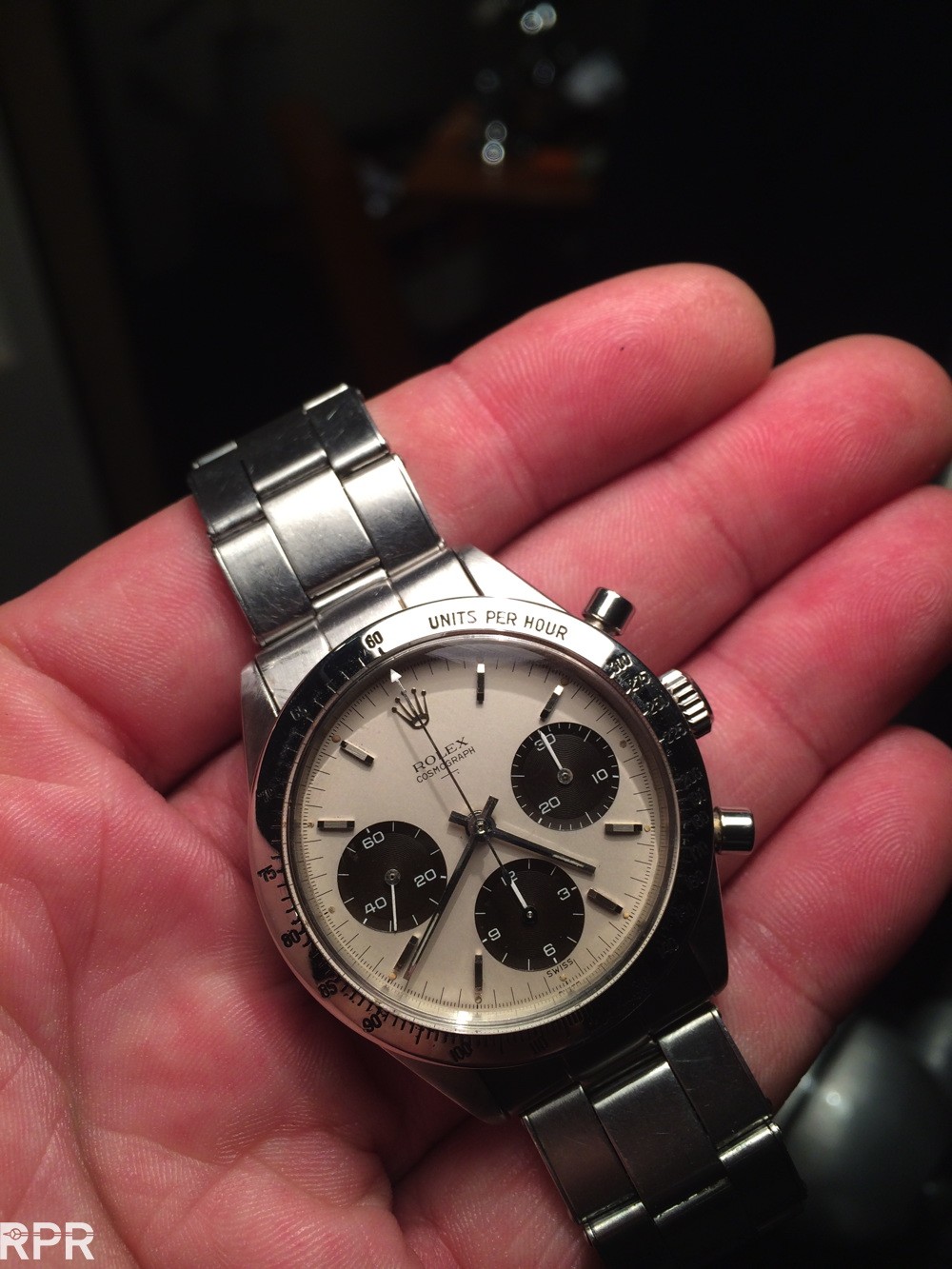
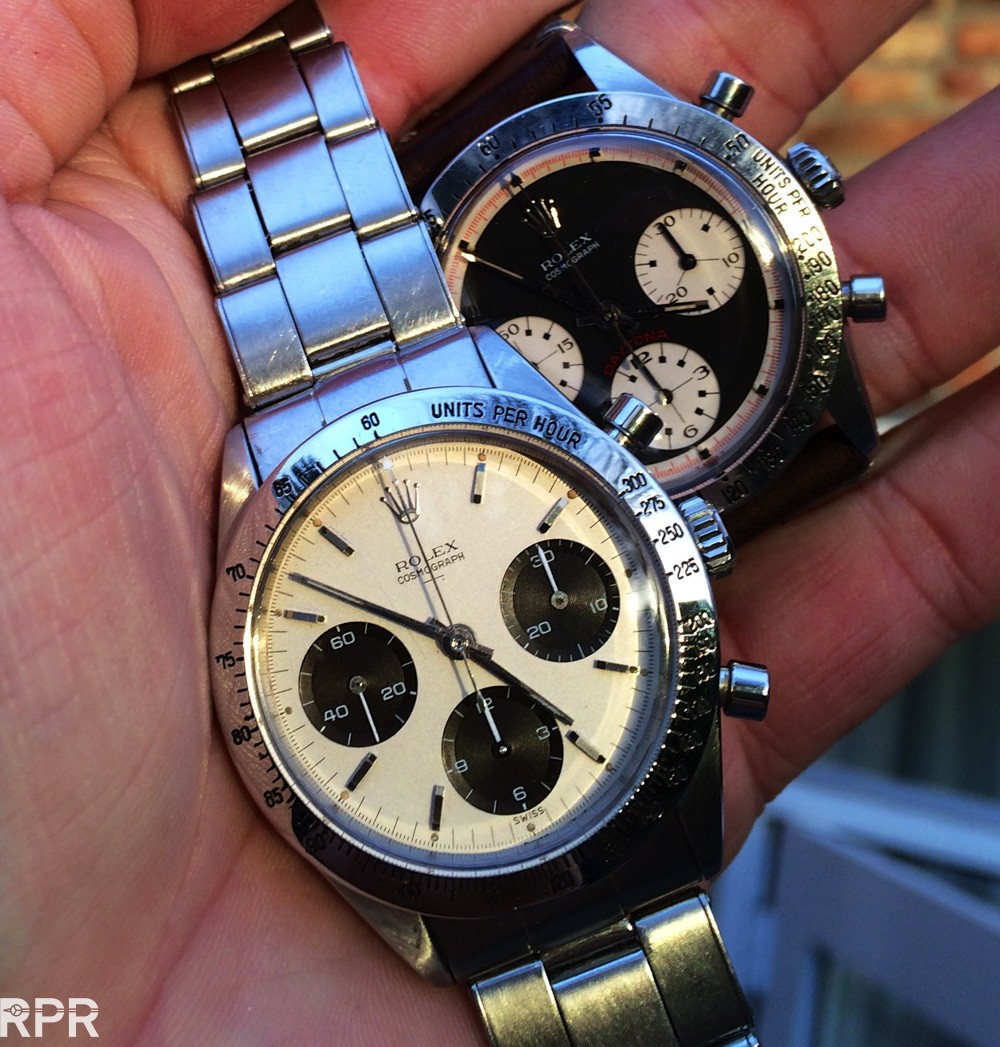
I hope you enjoyed reading this article🥂
If you have any questions related to this subject, contact me on info@rolexpassionreport.com
Cheers Philipp



